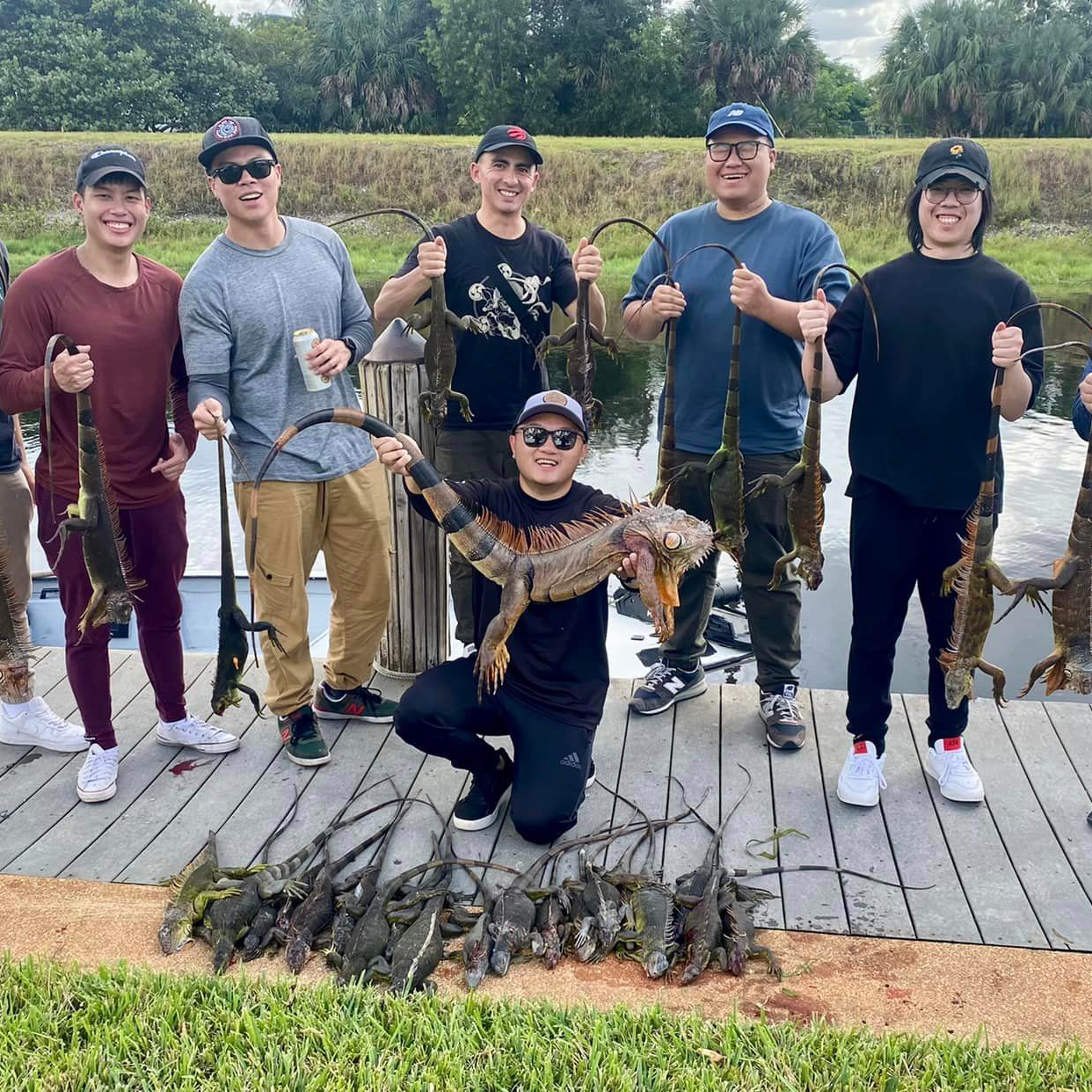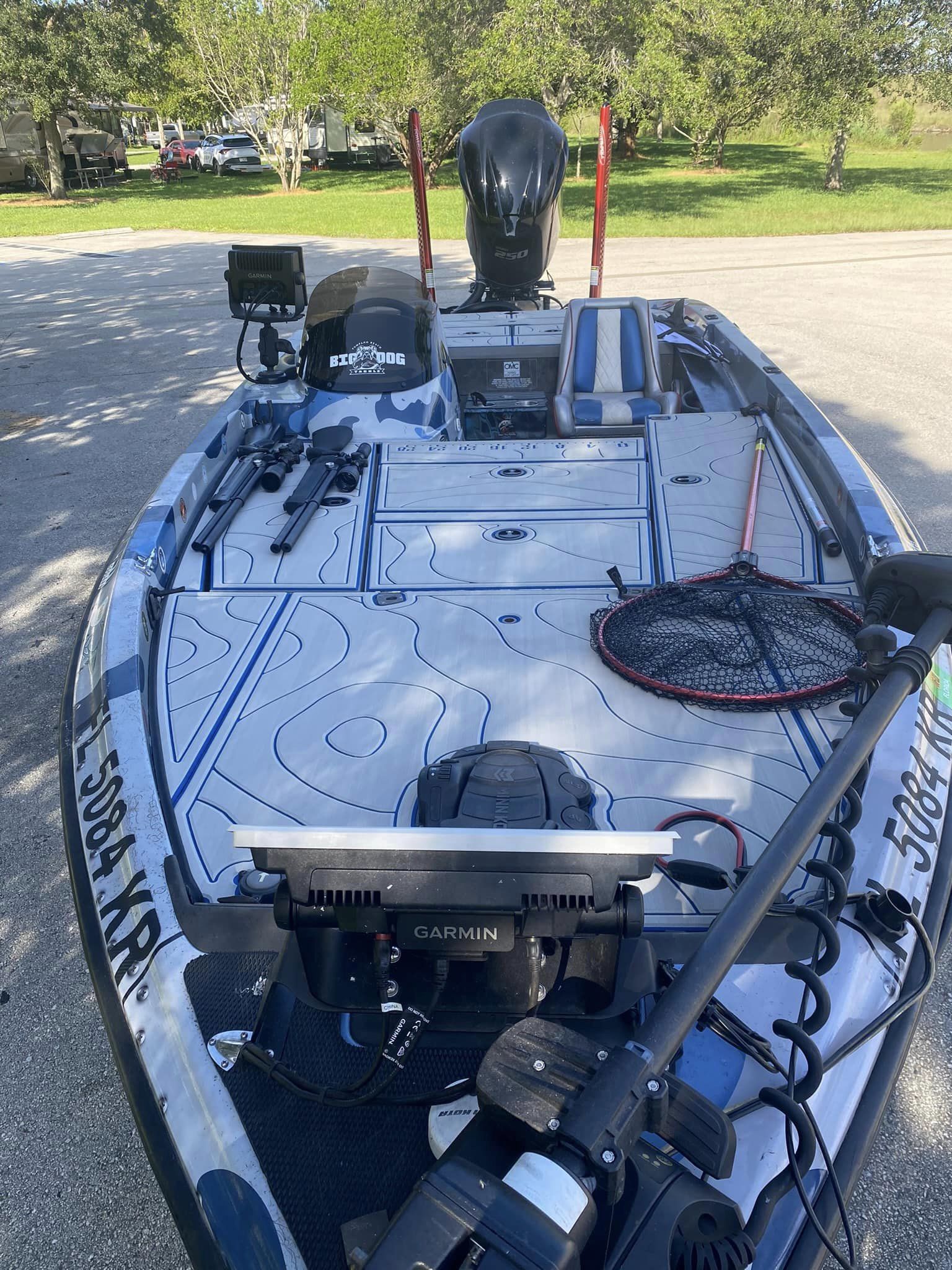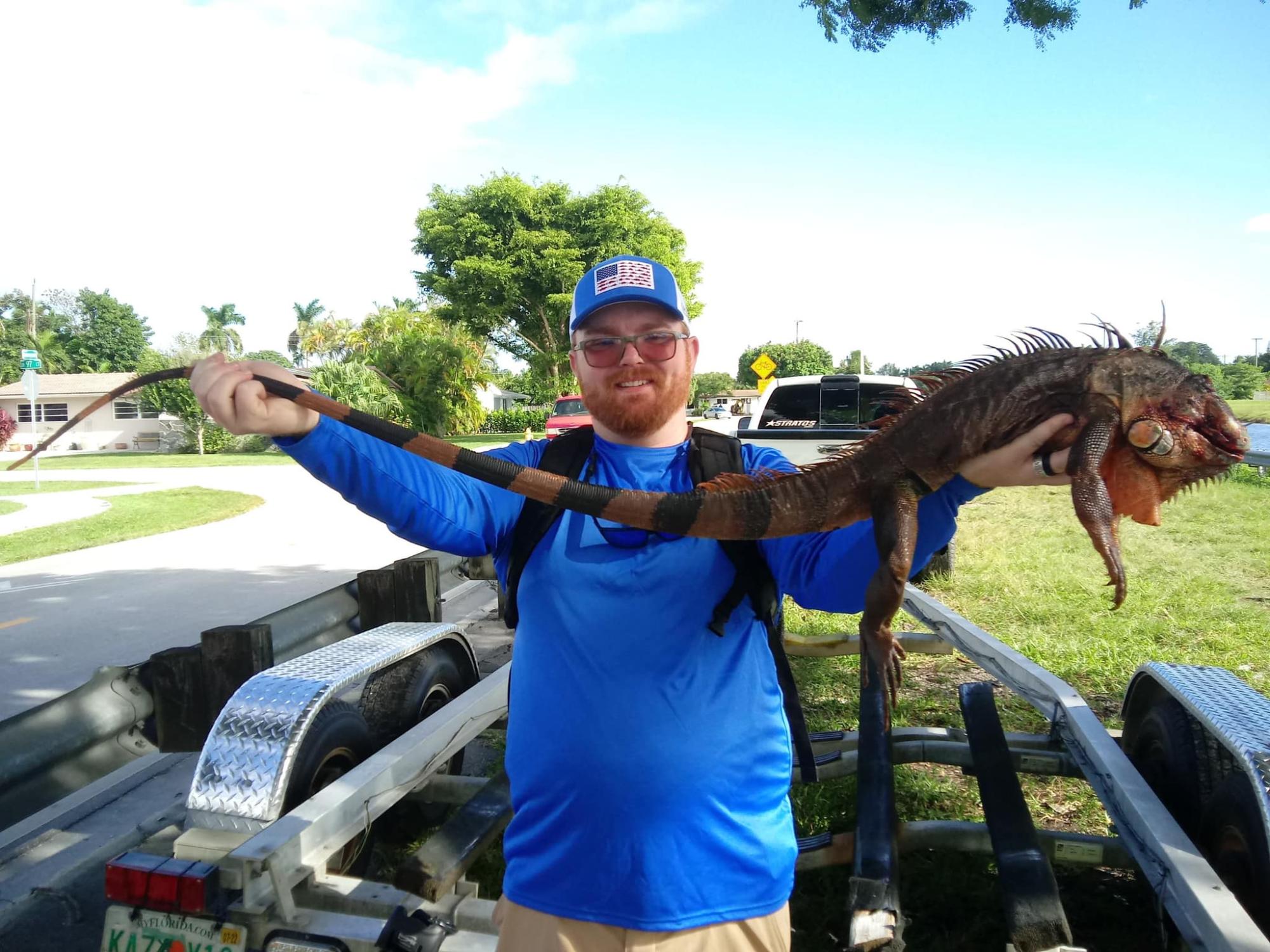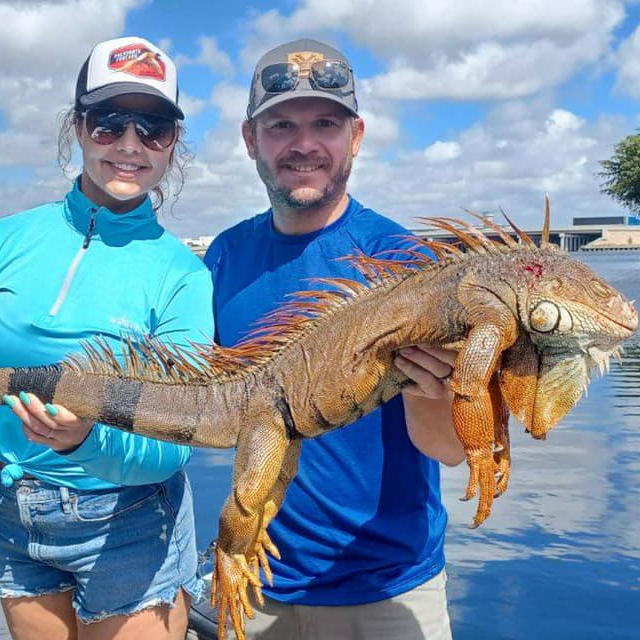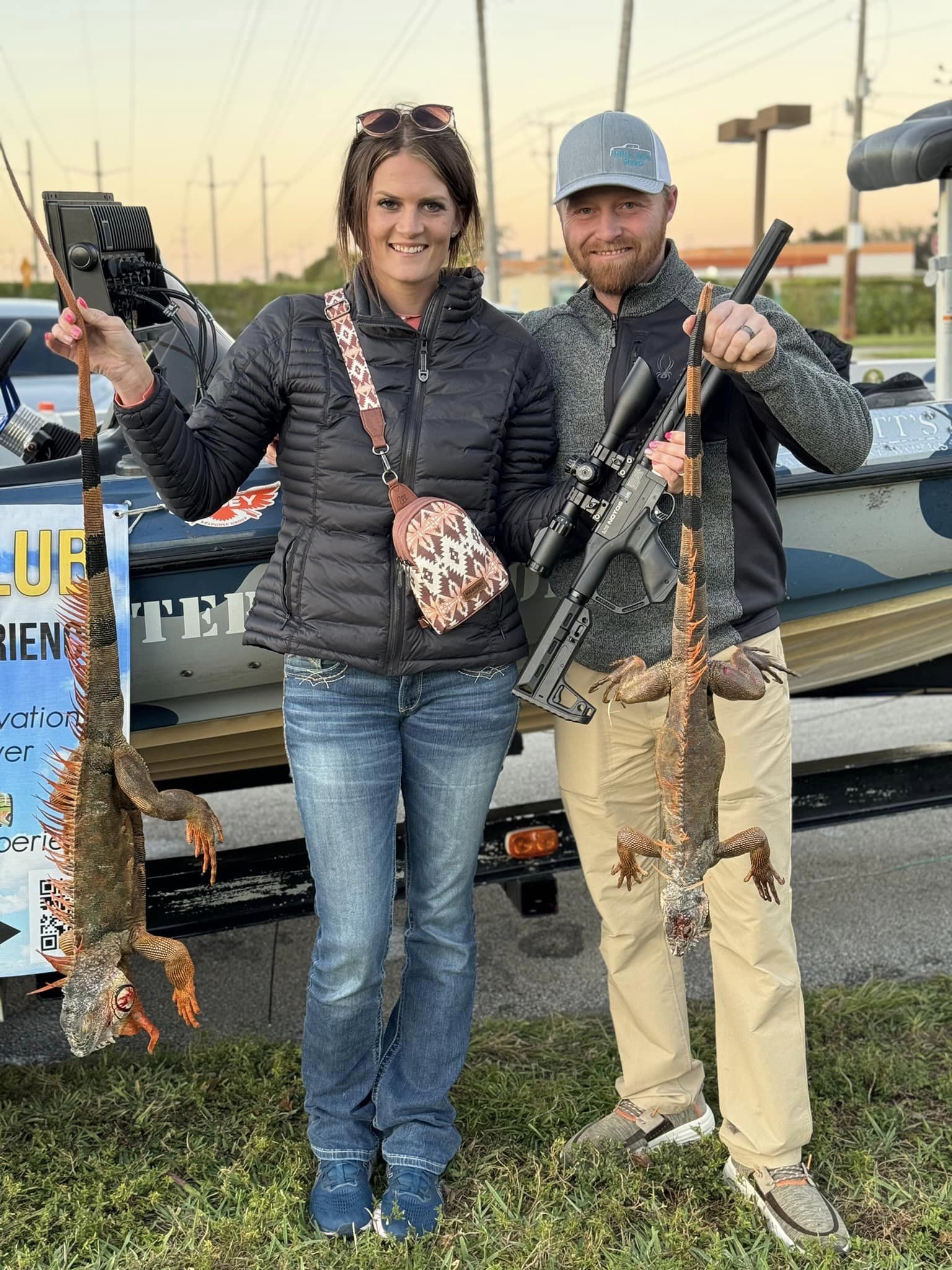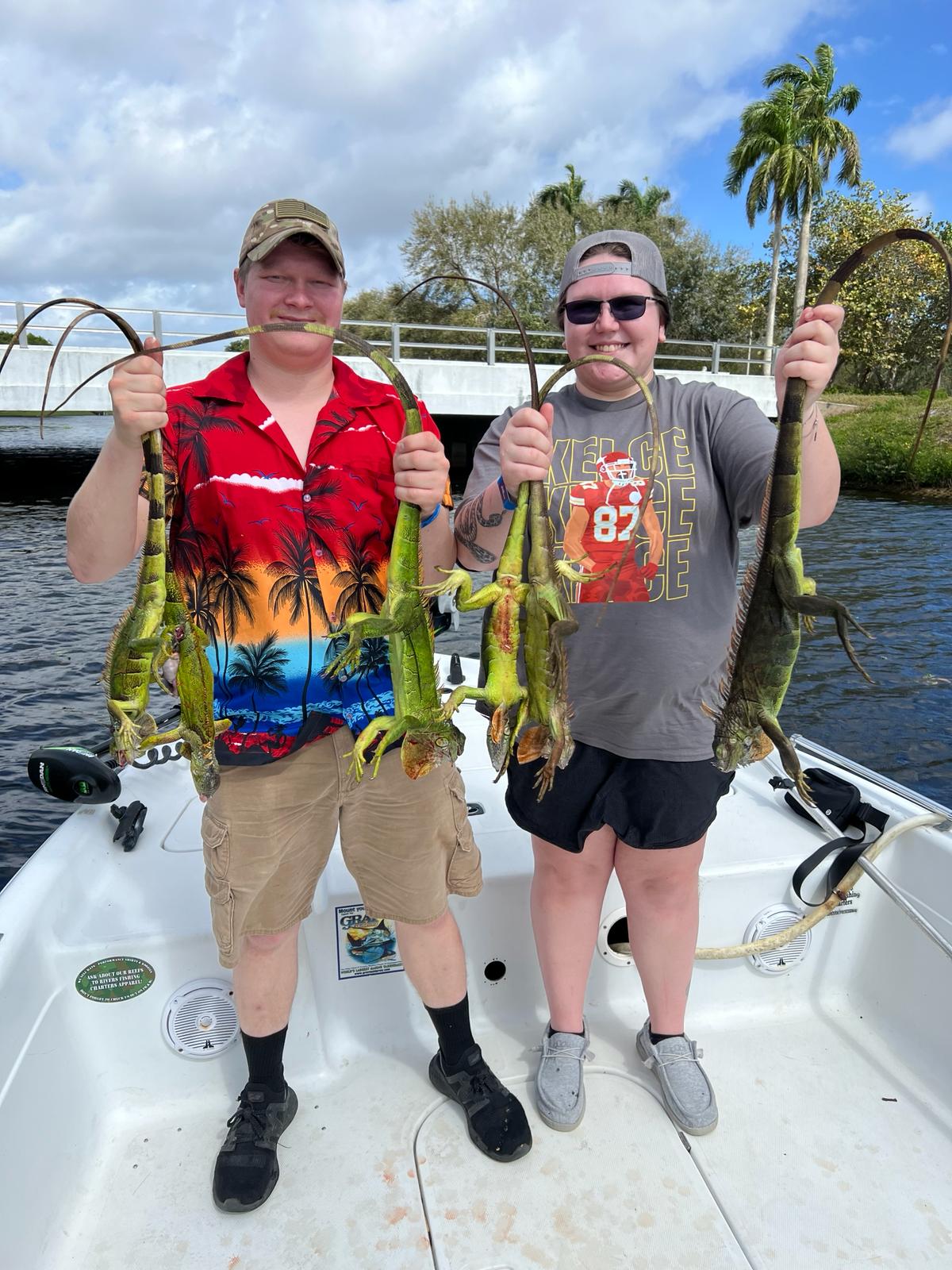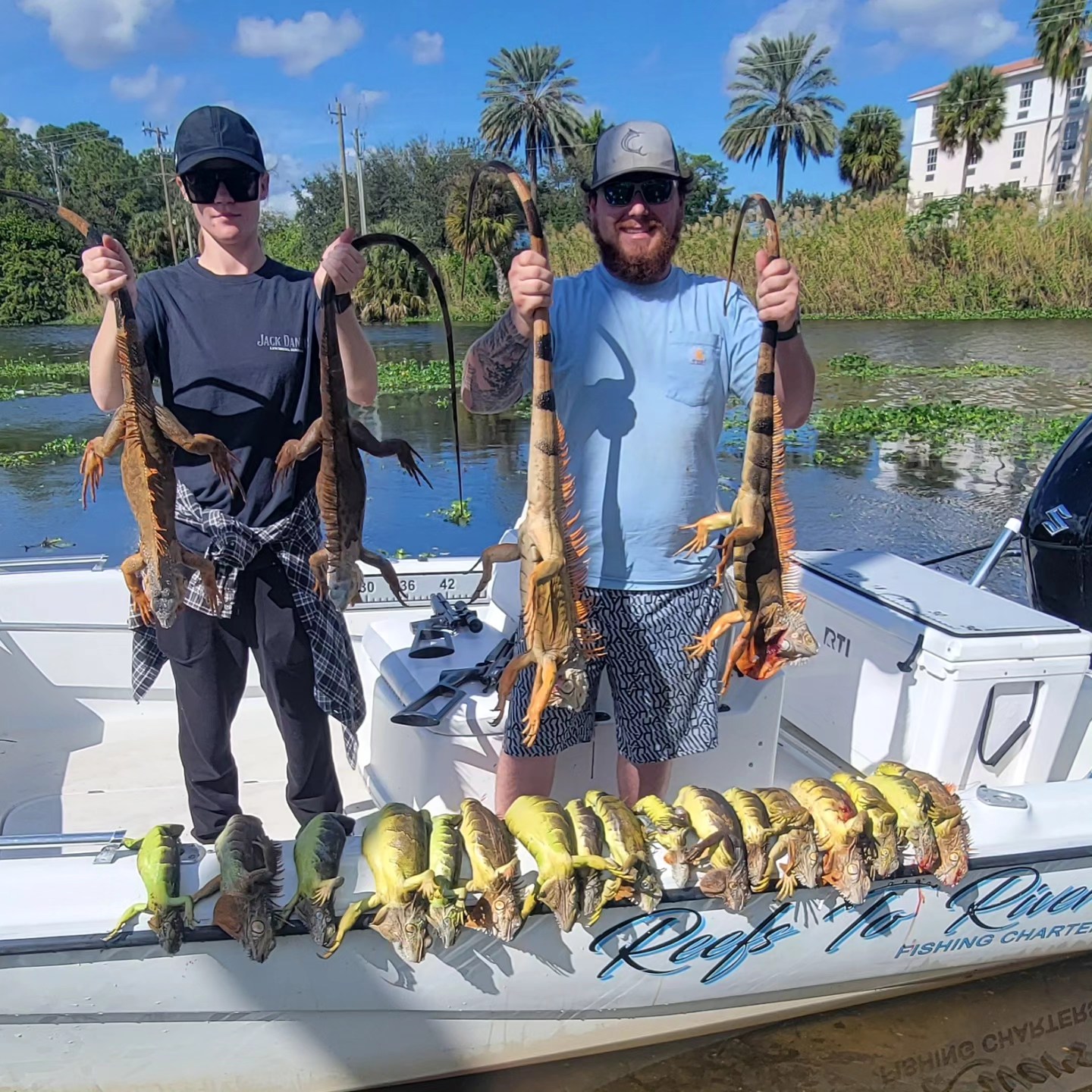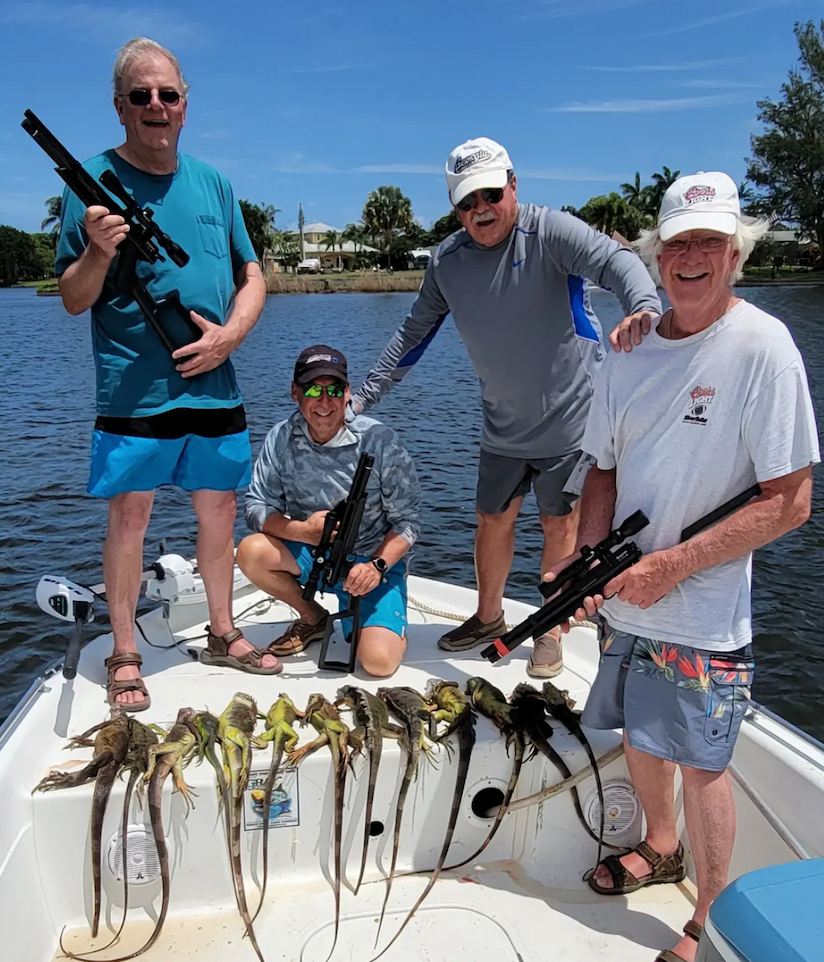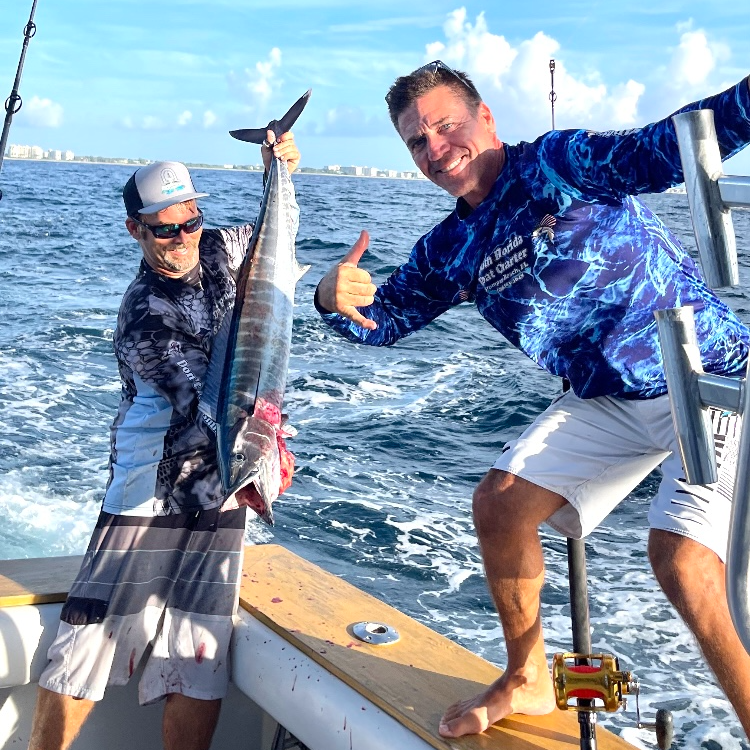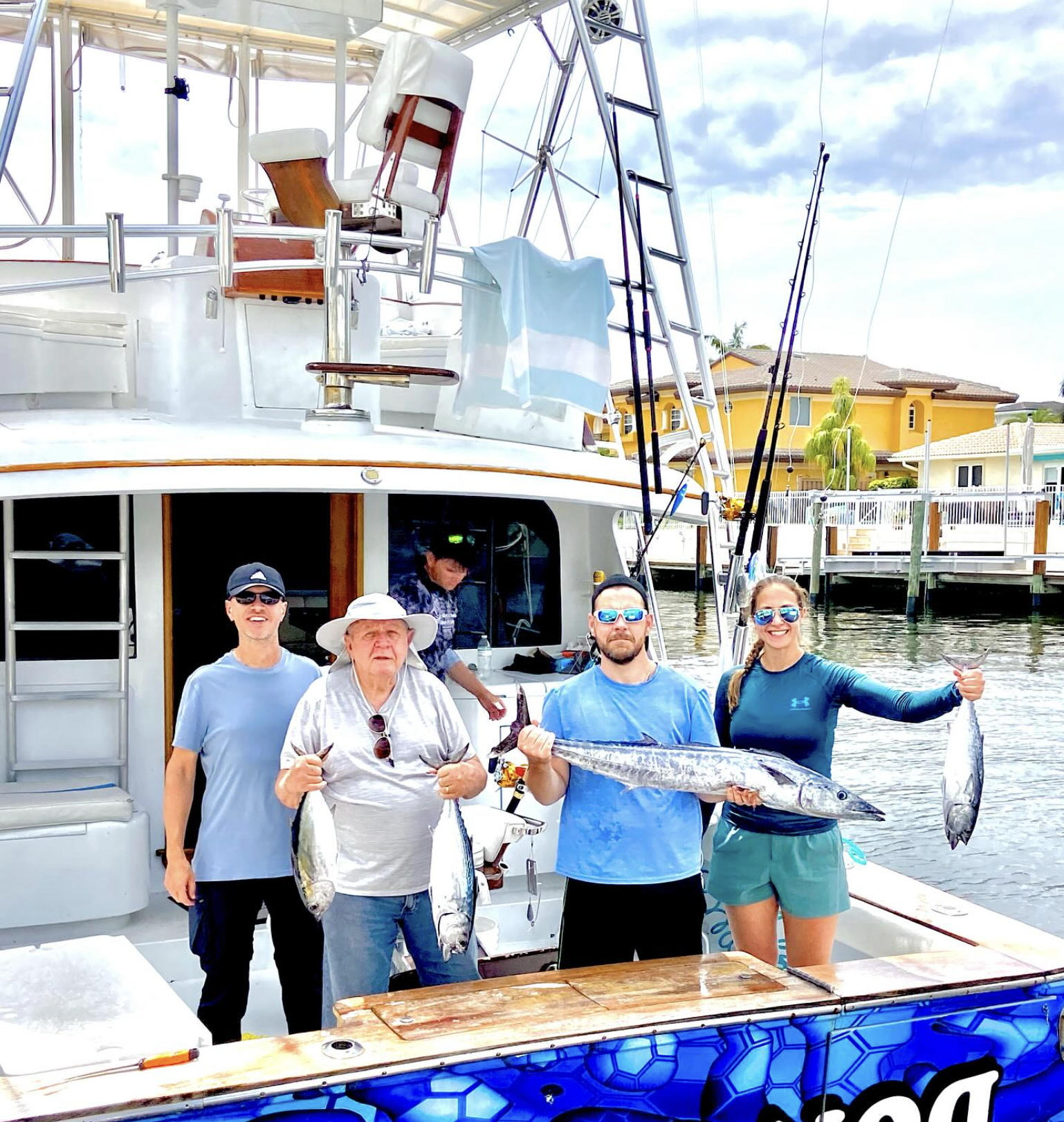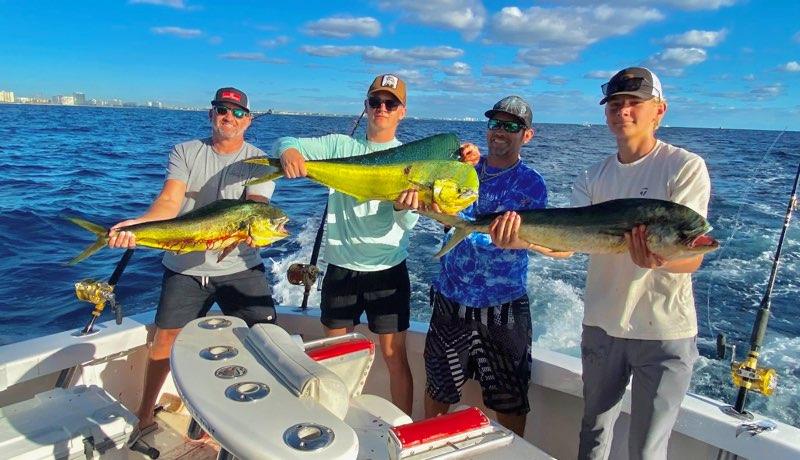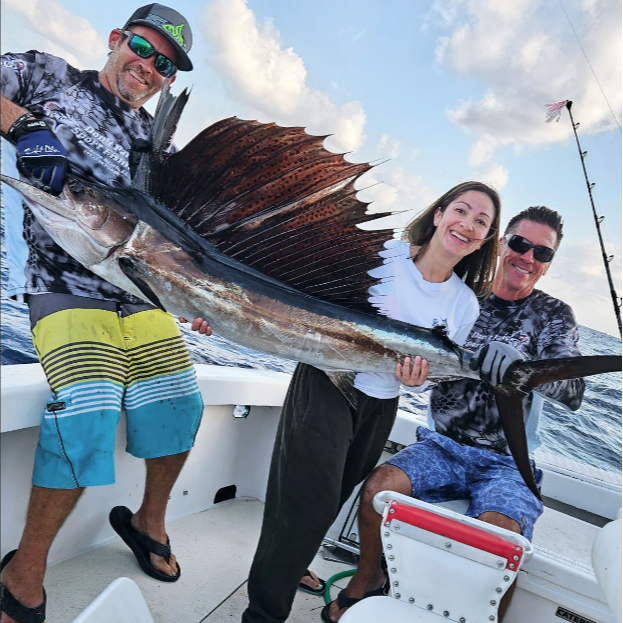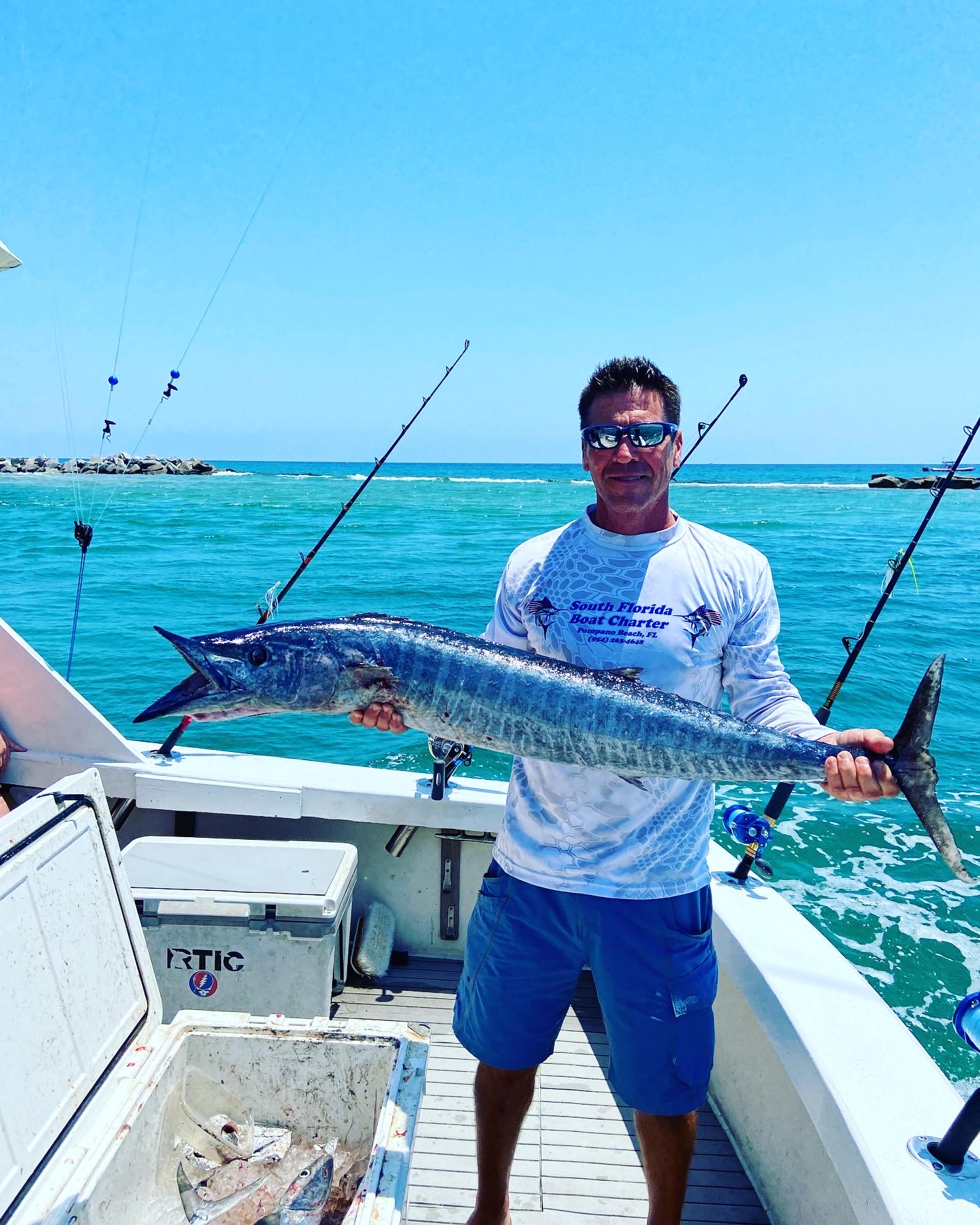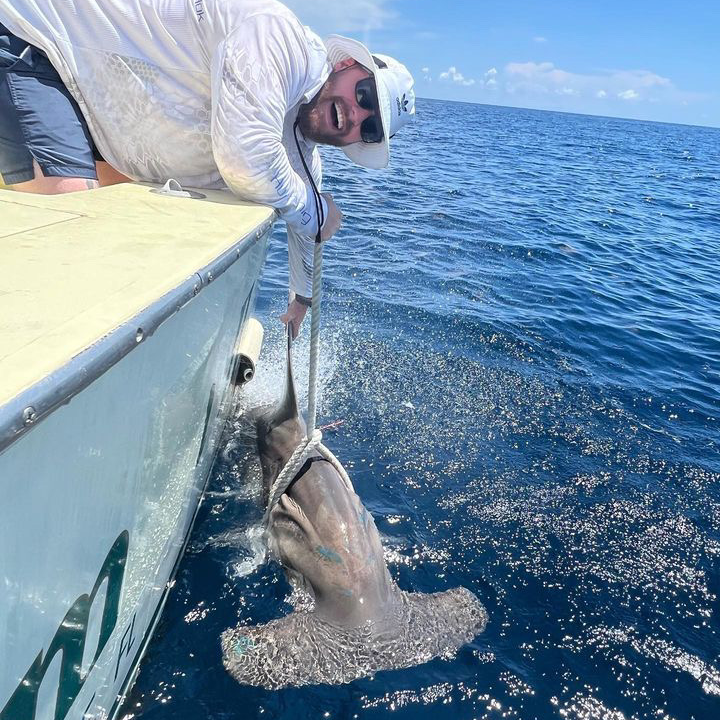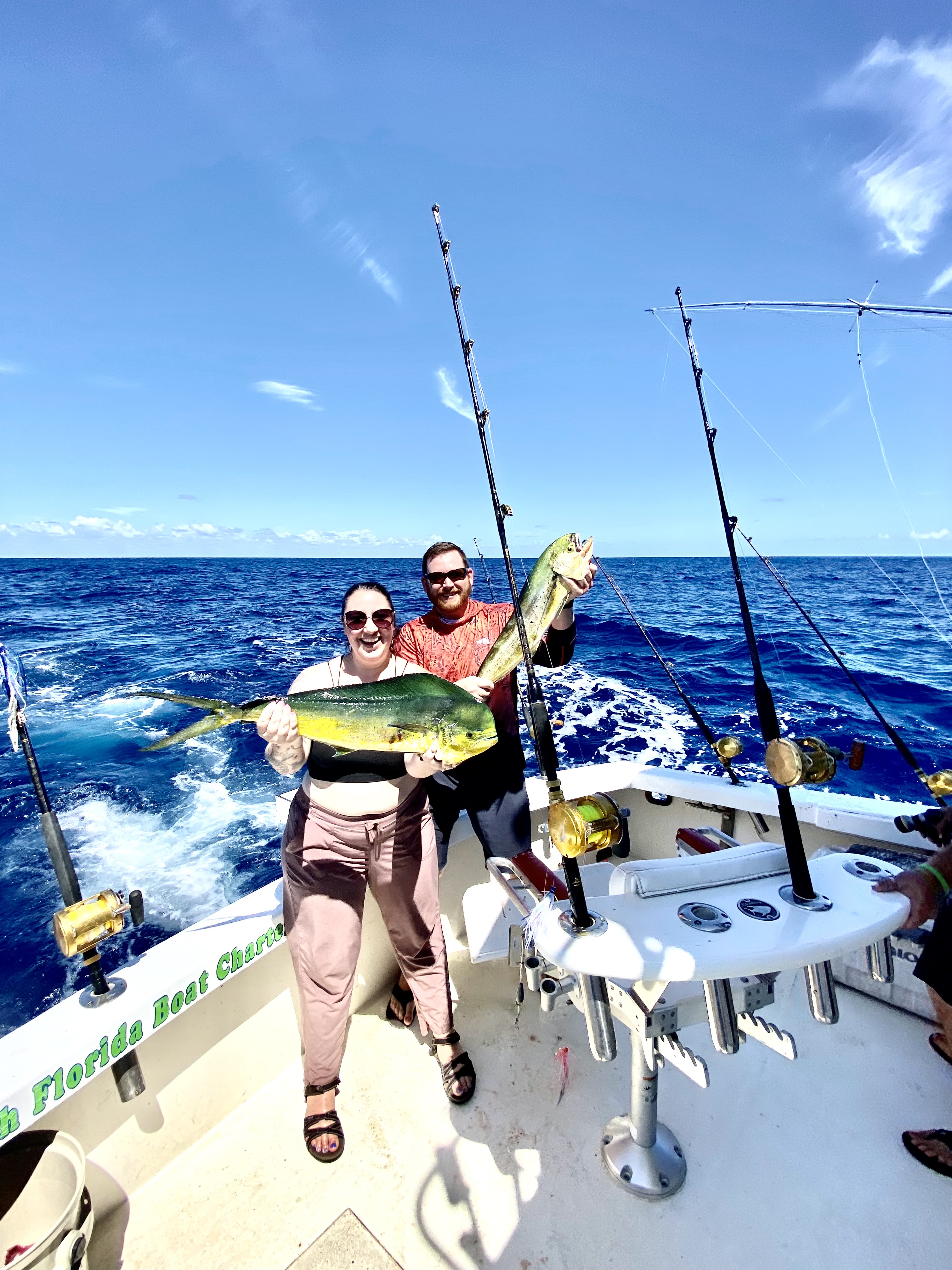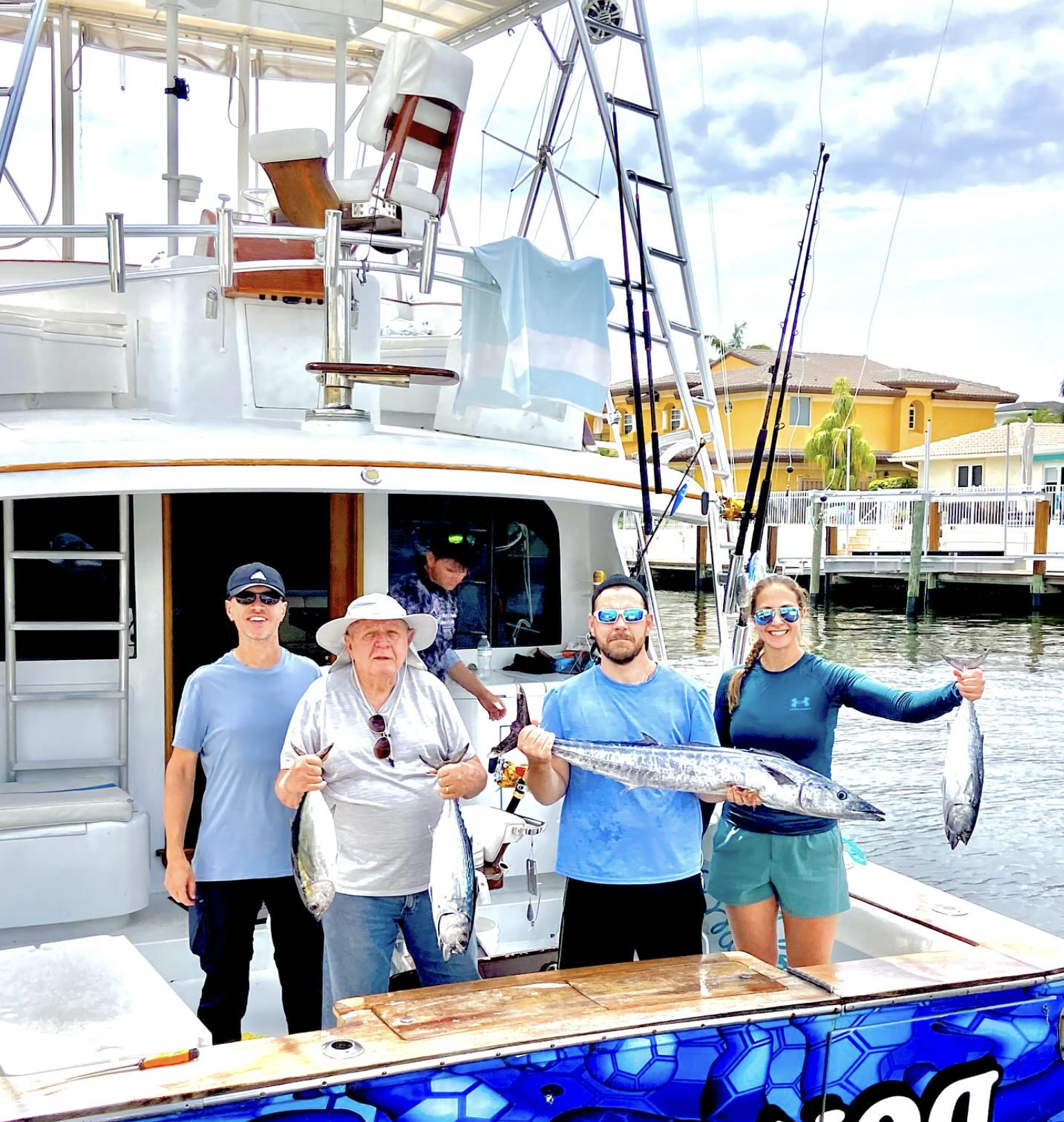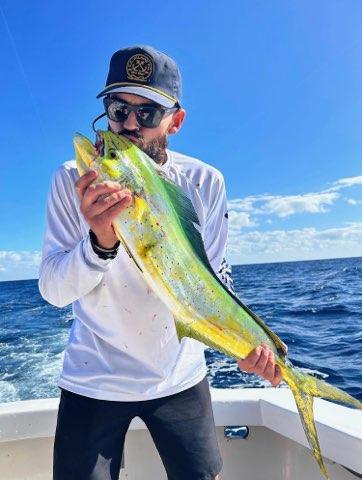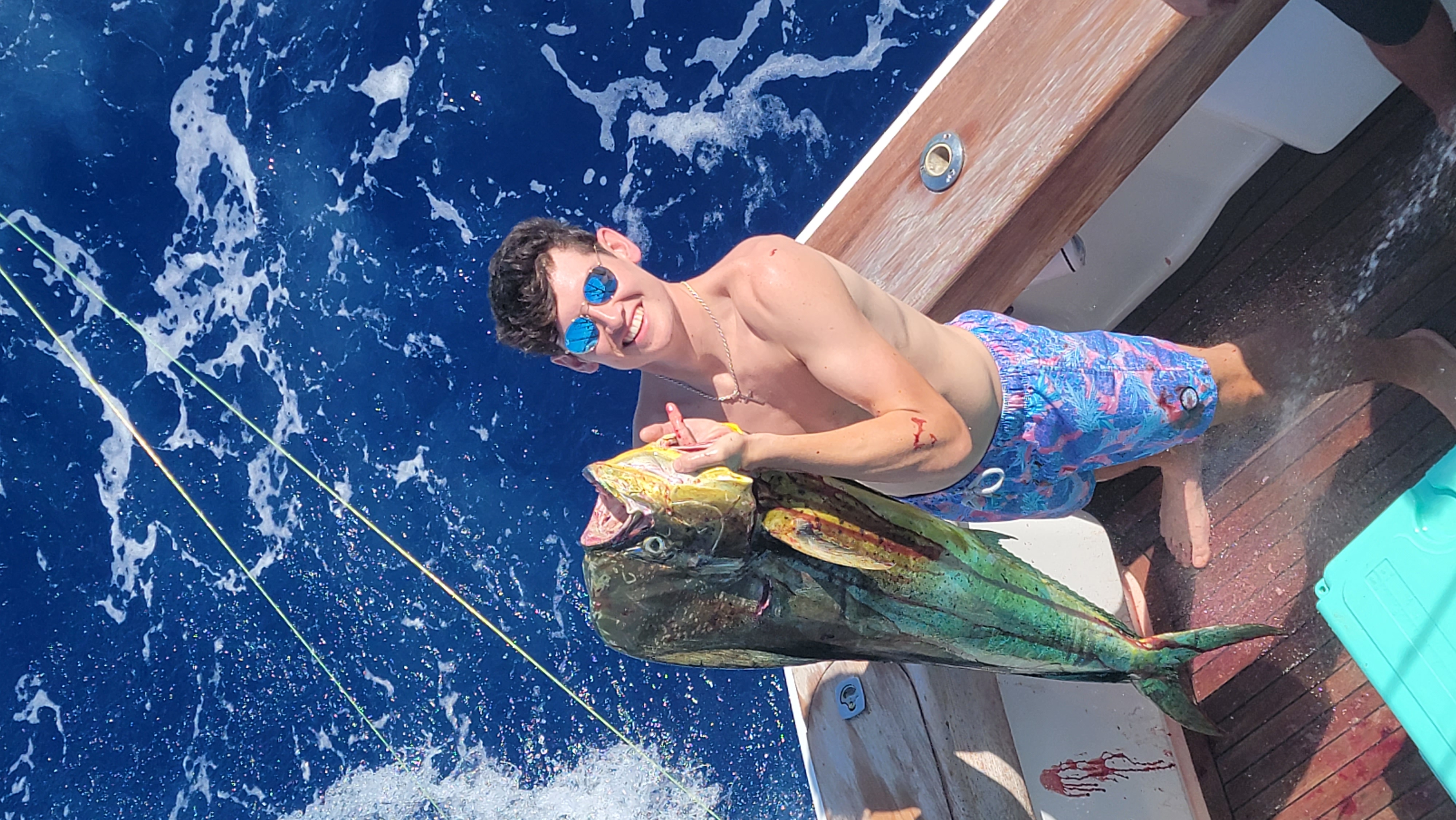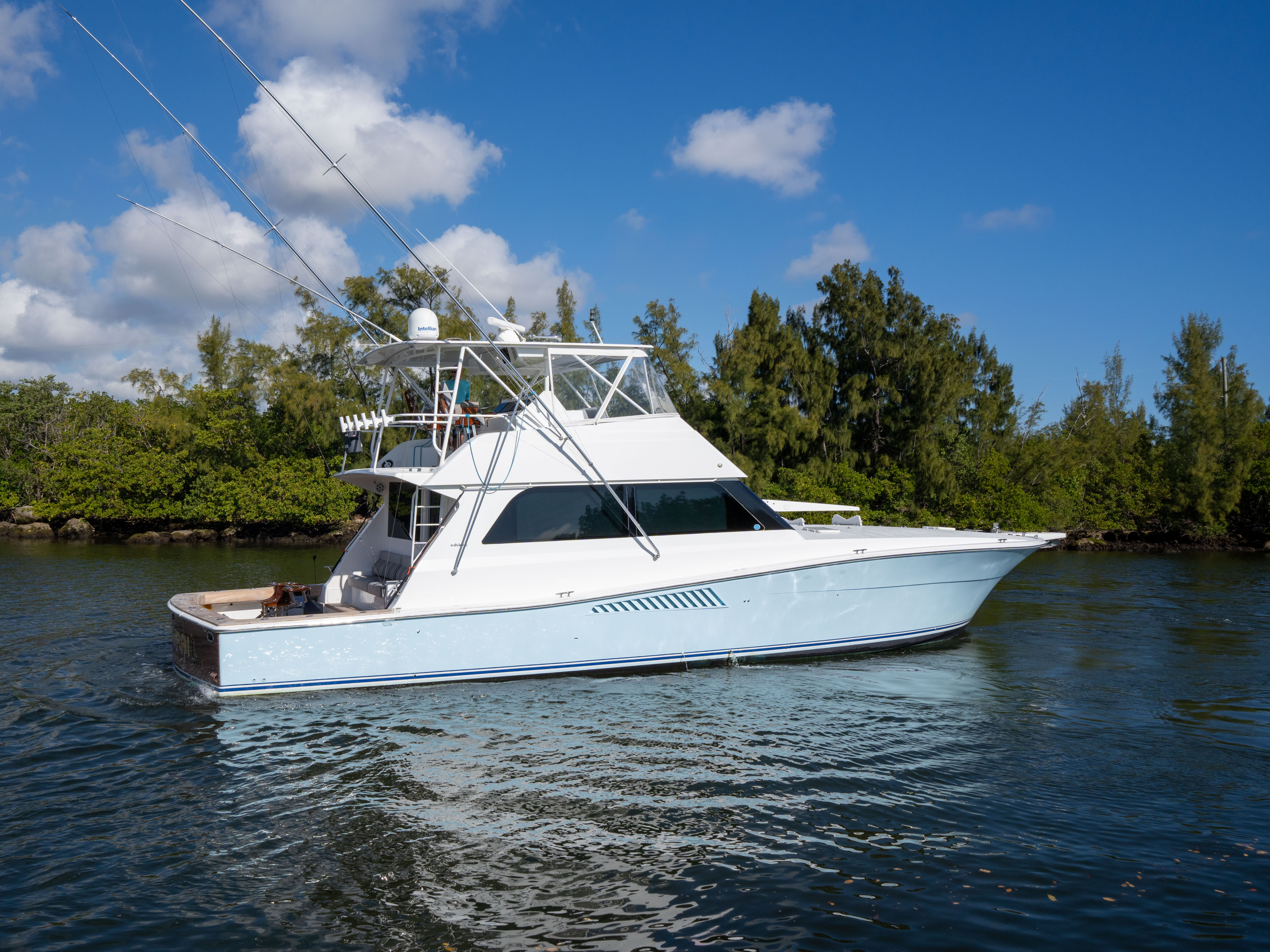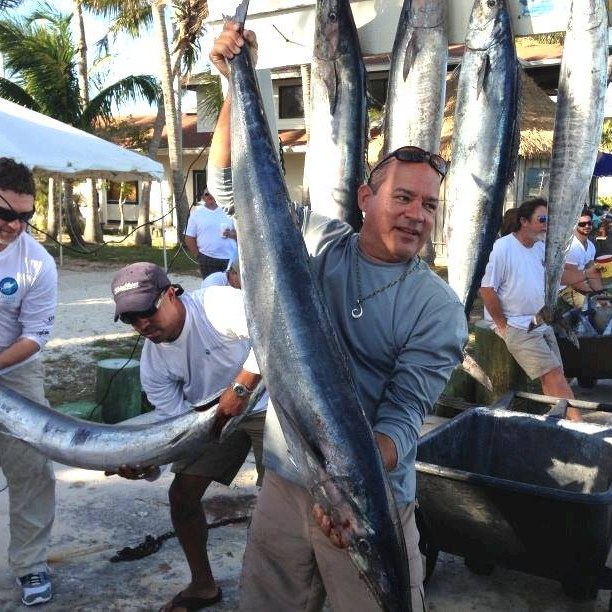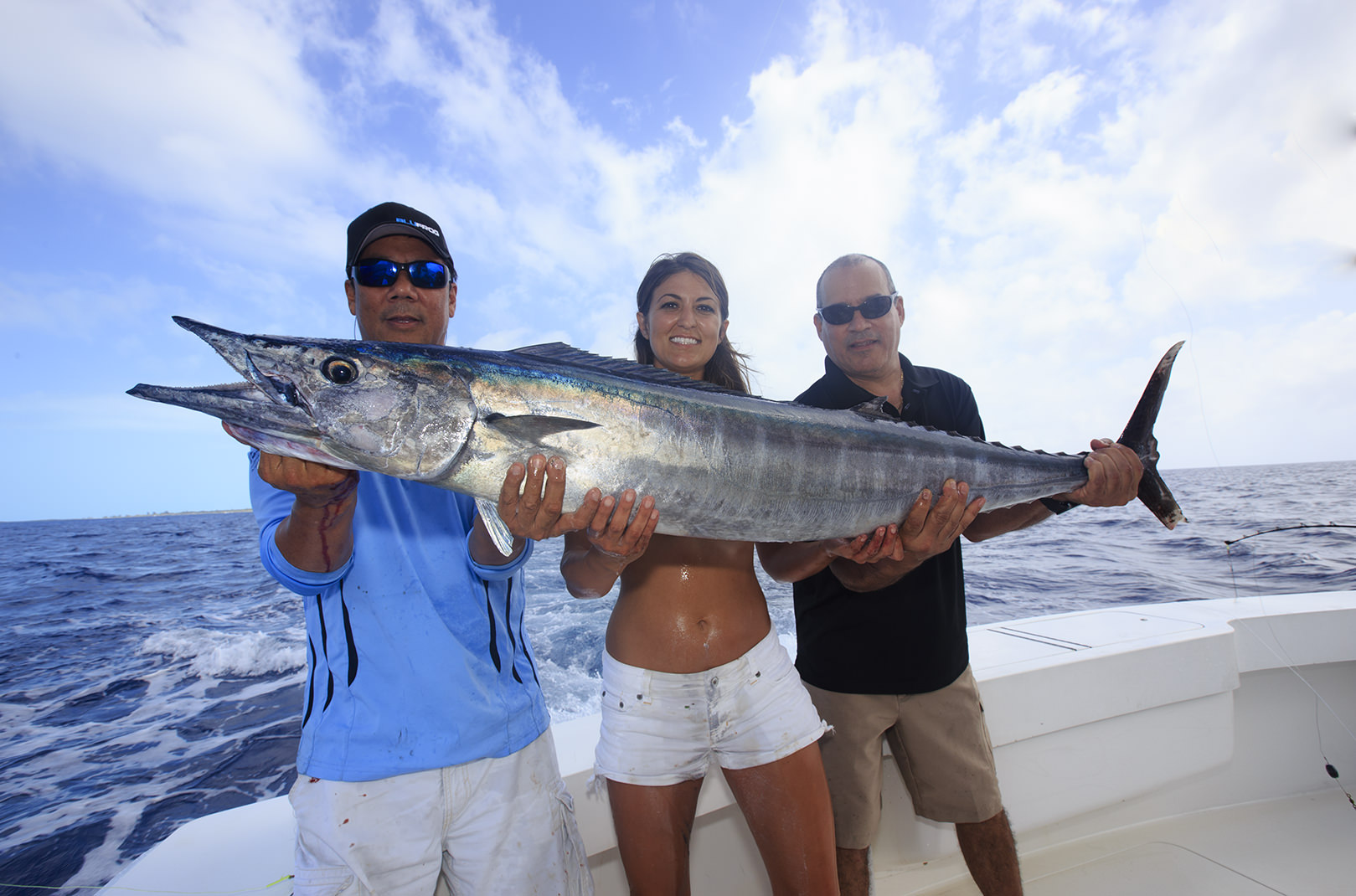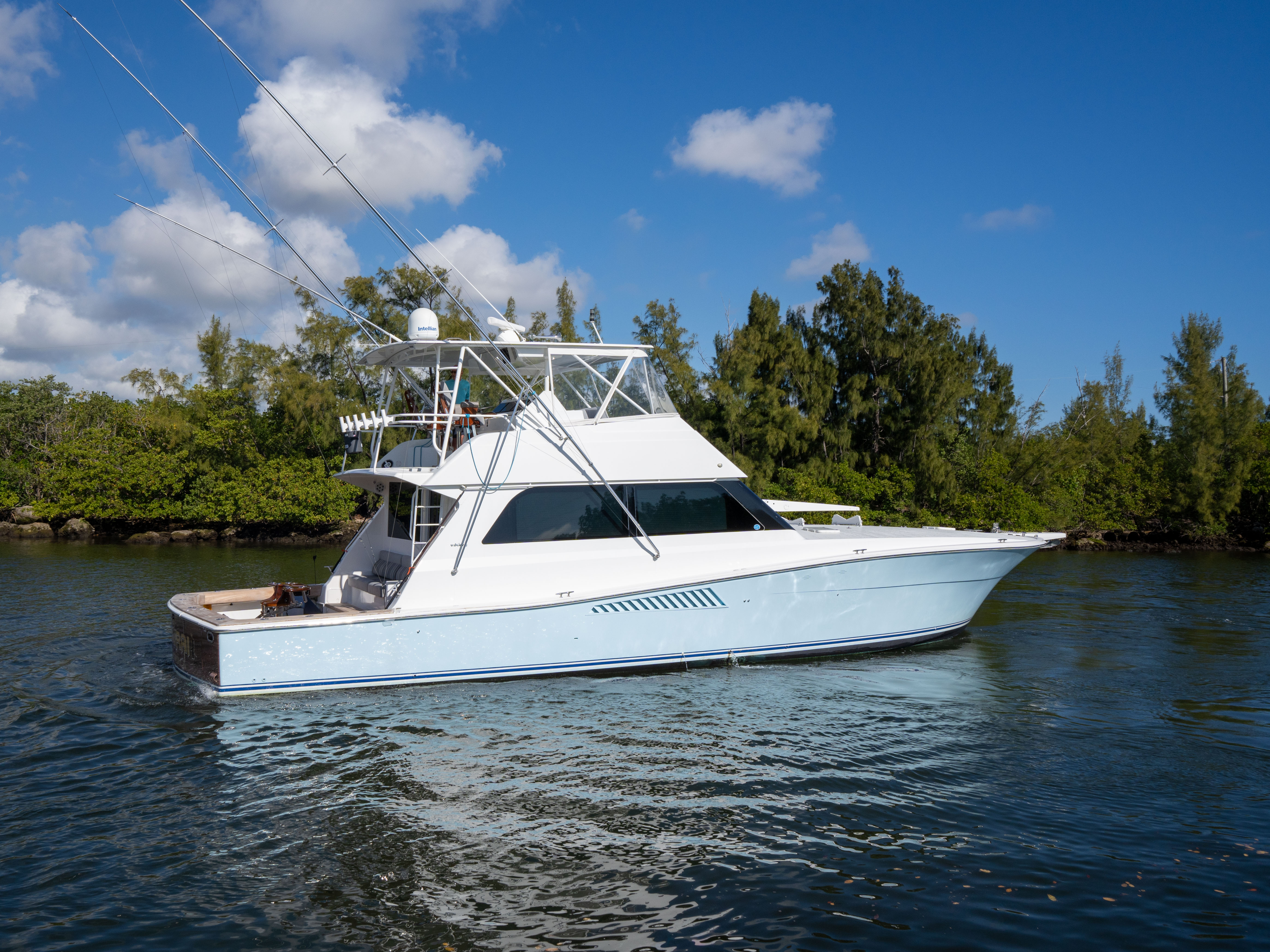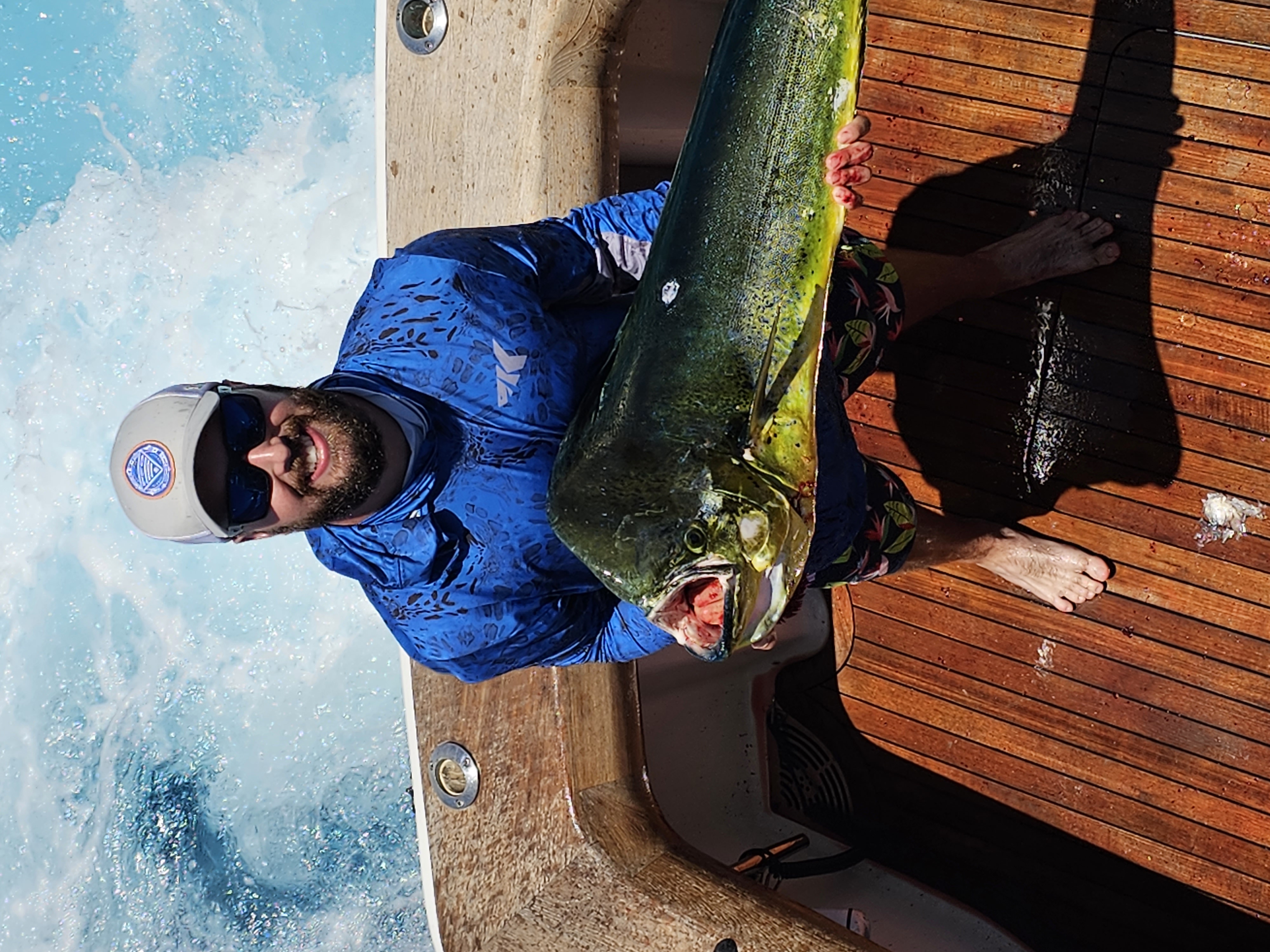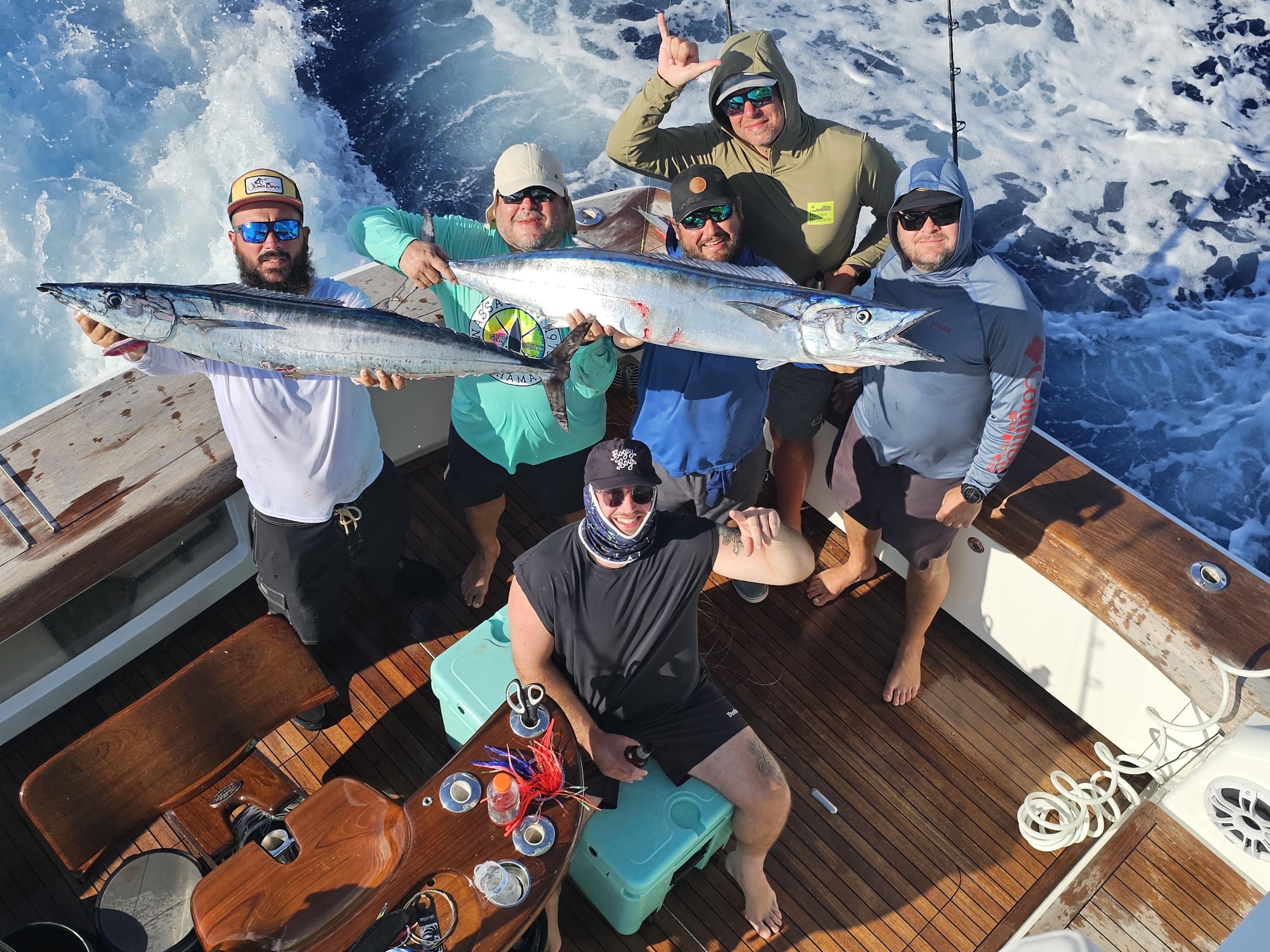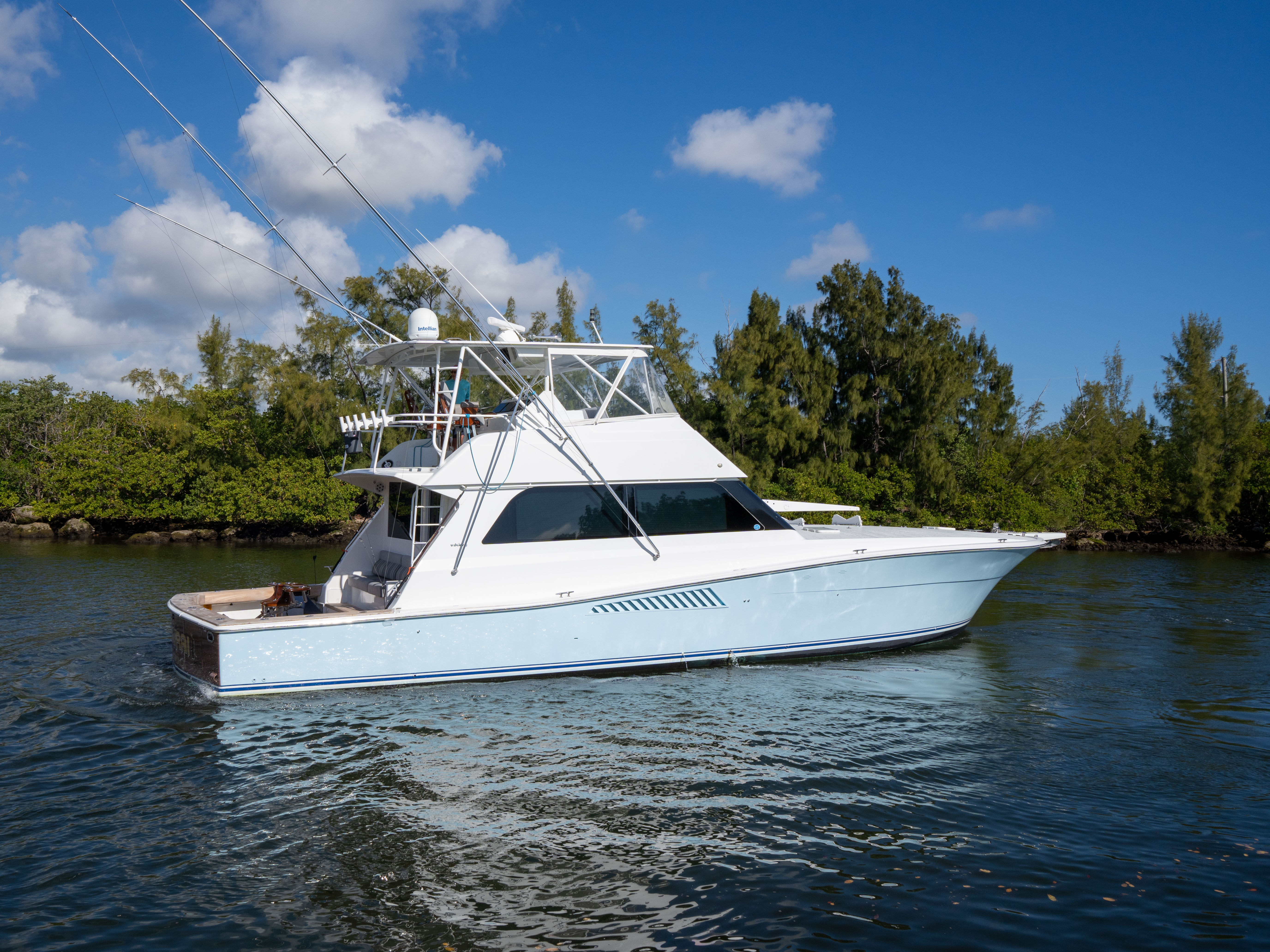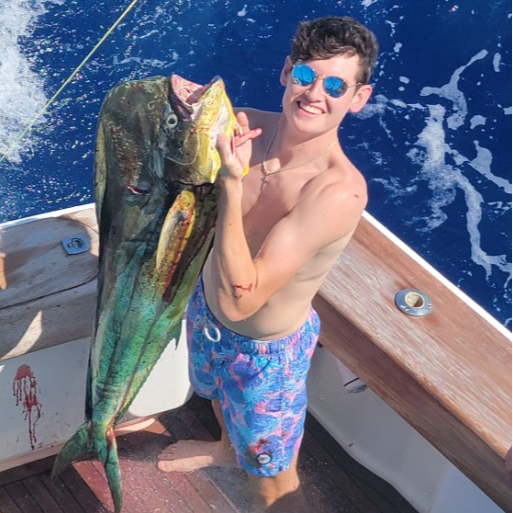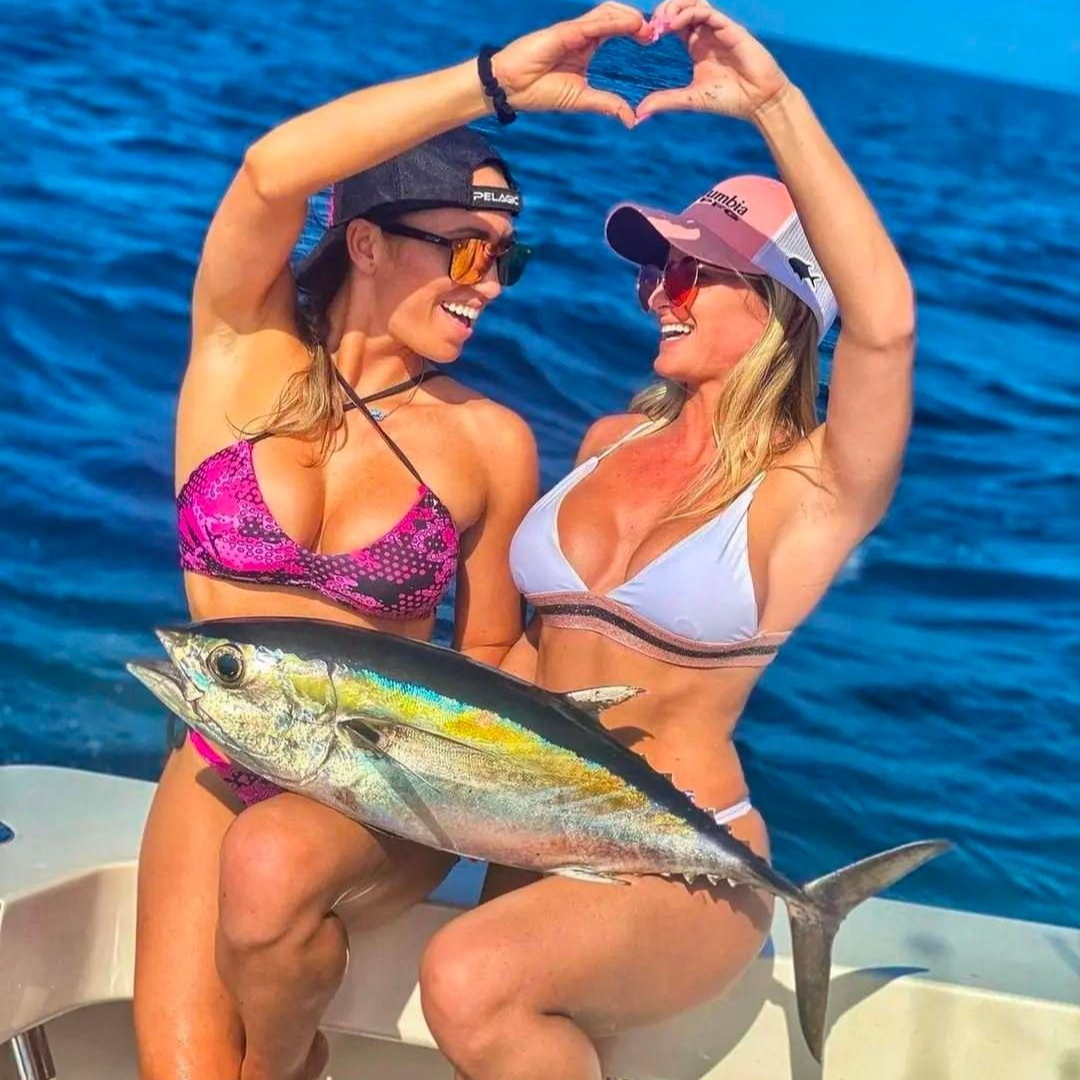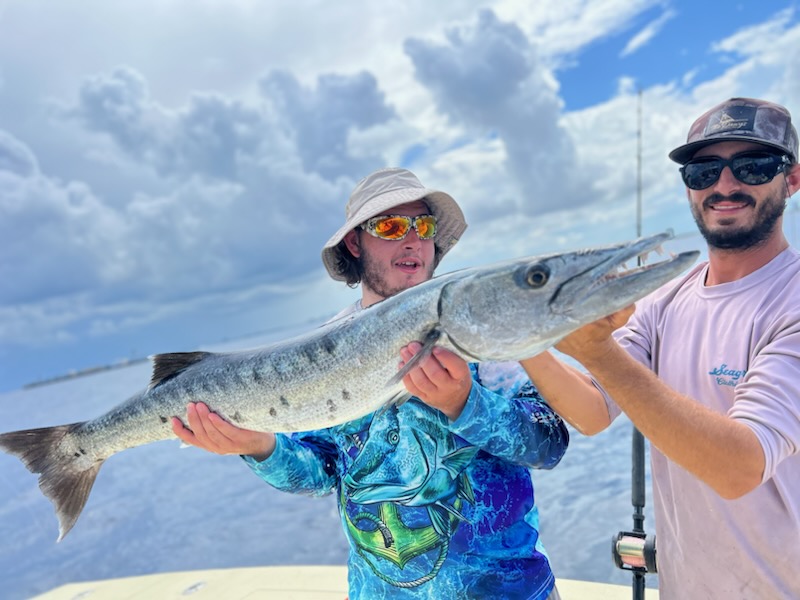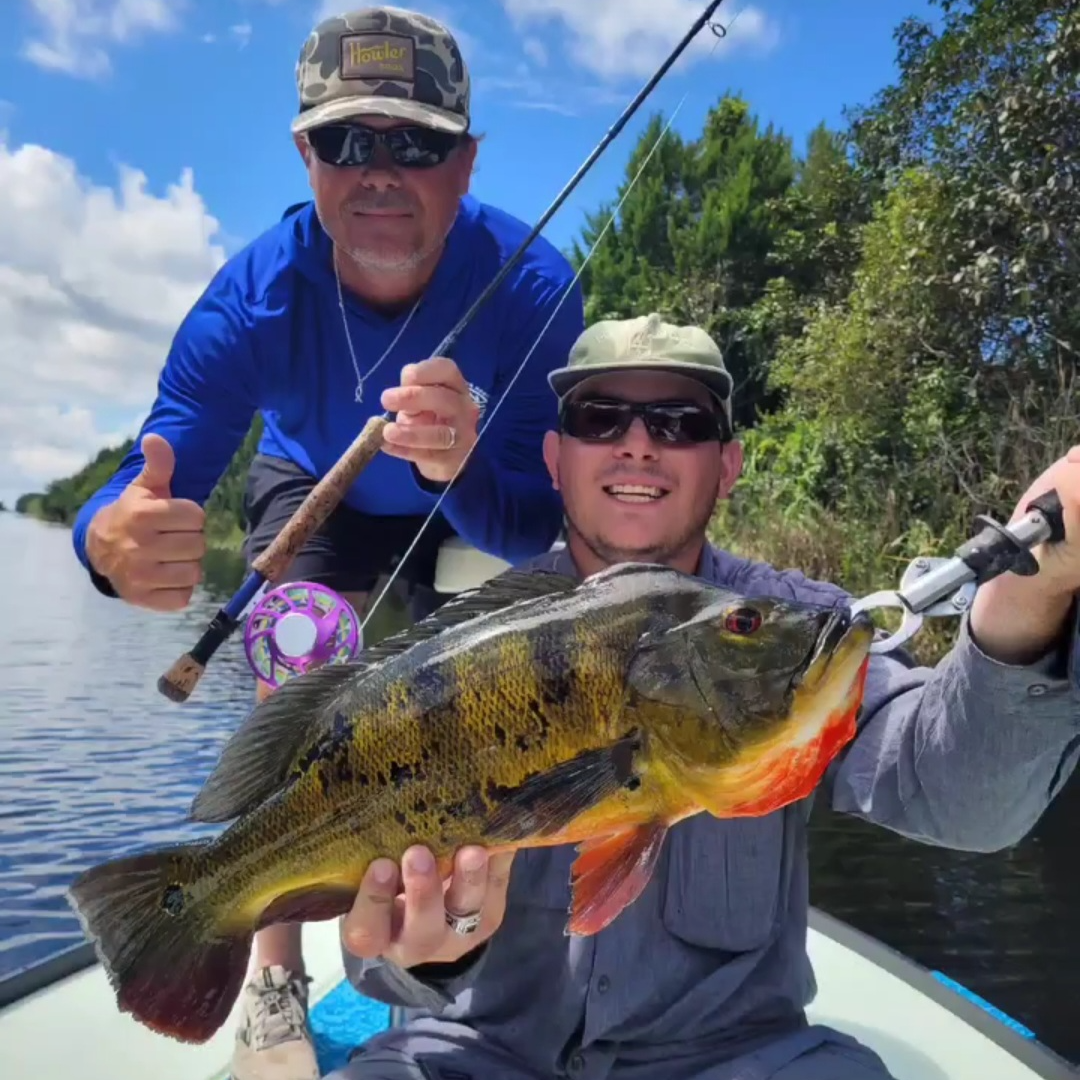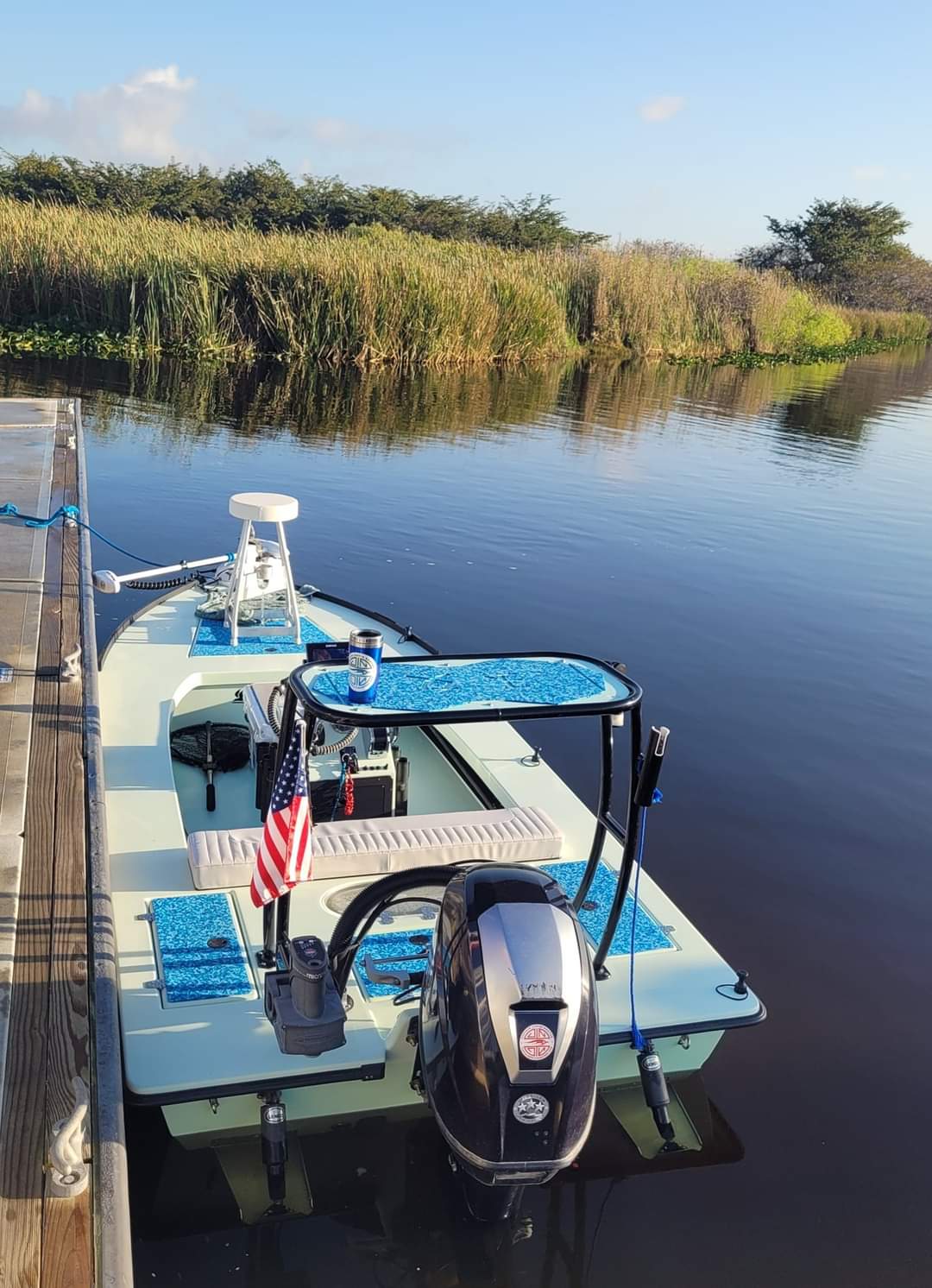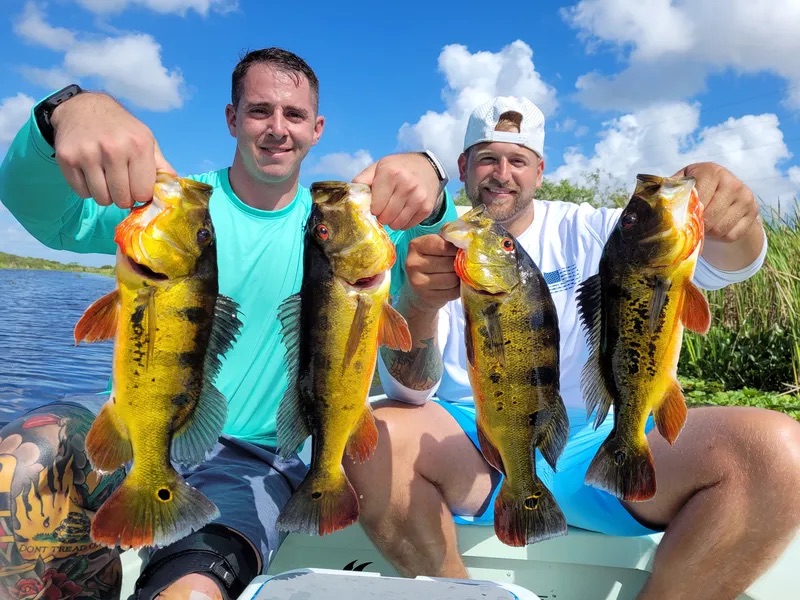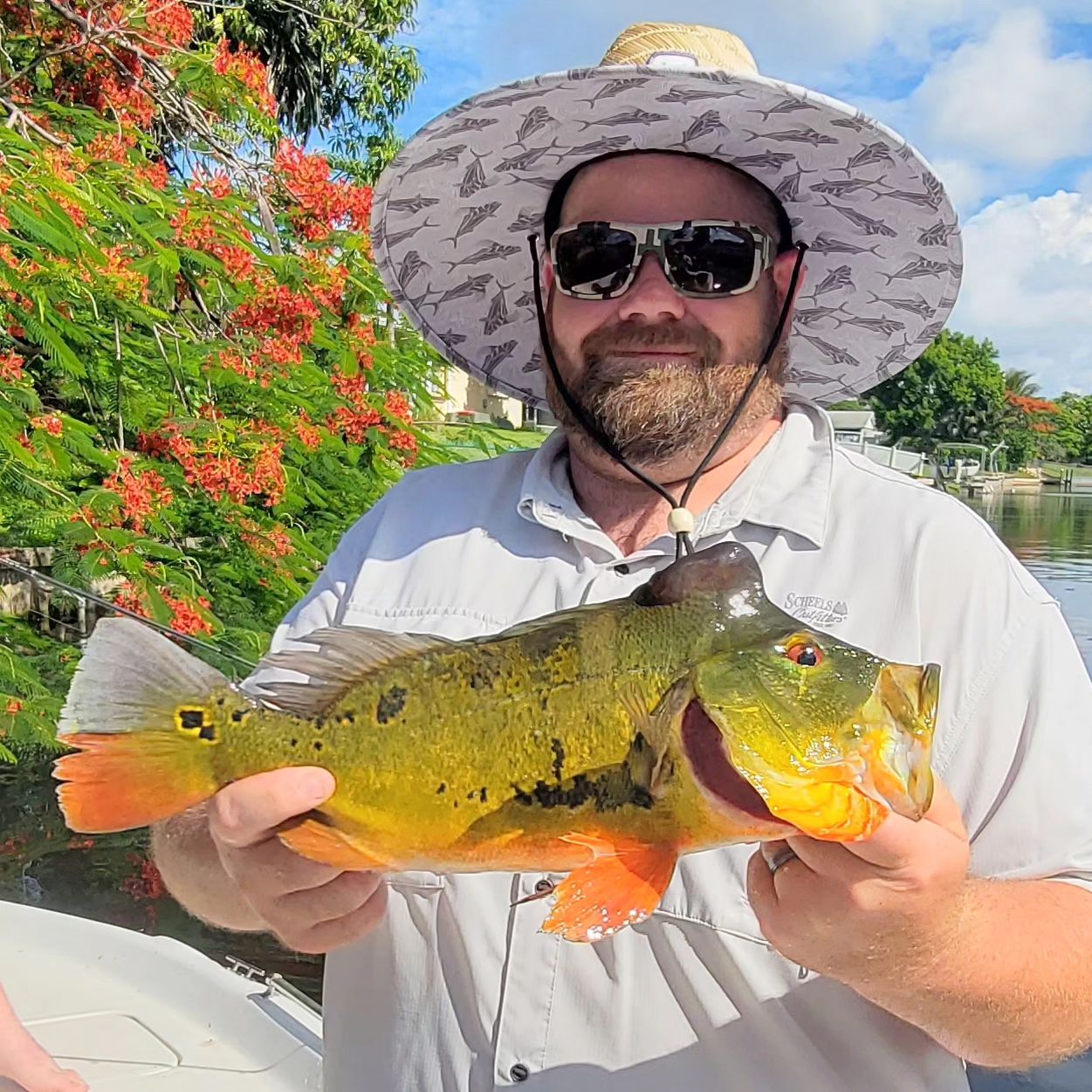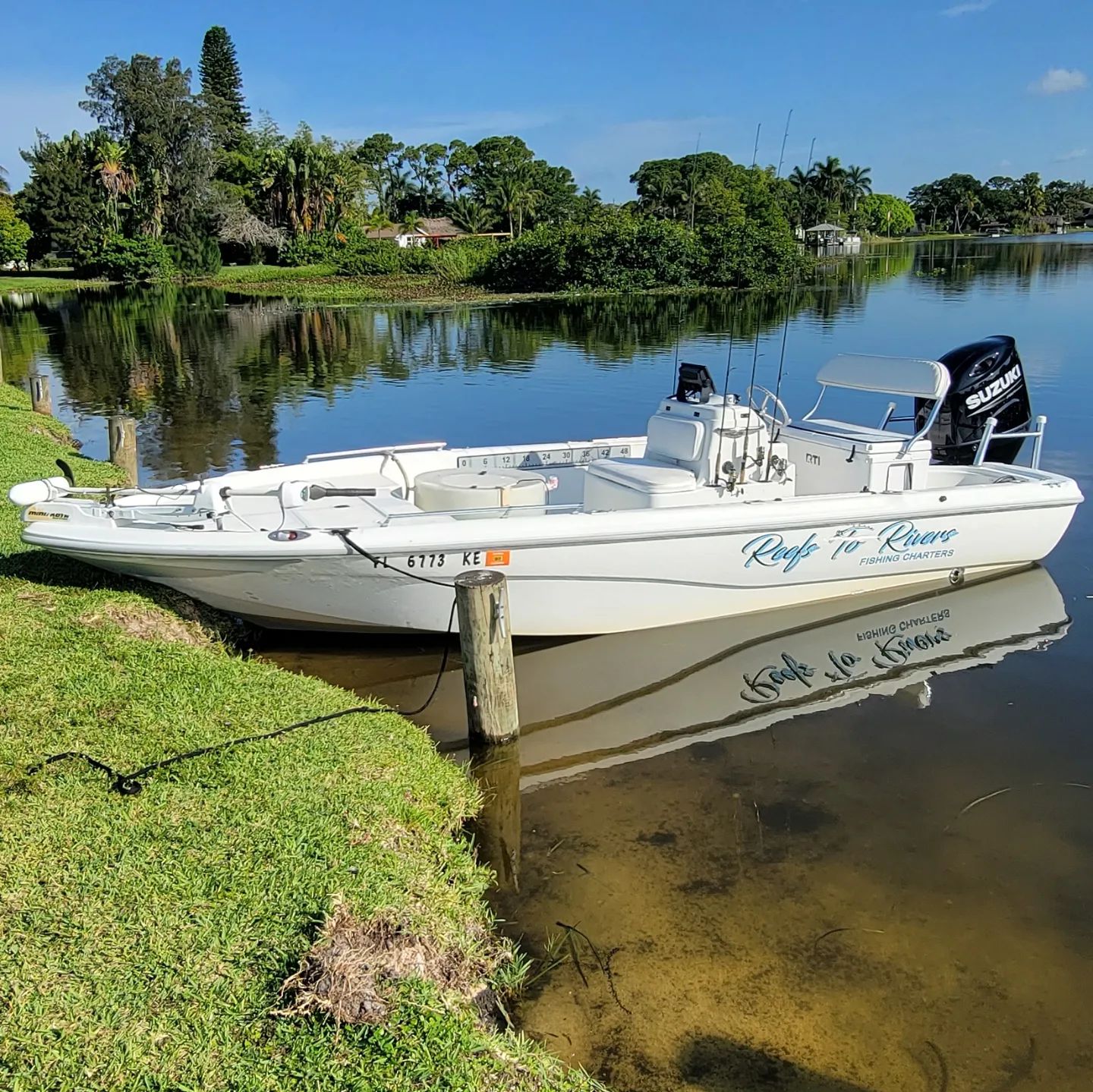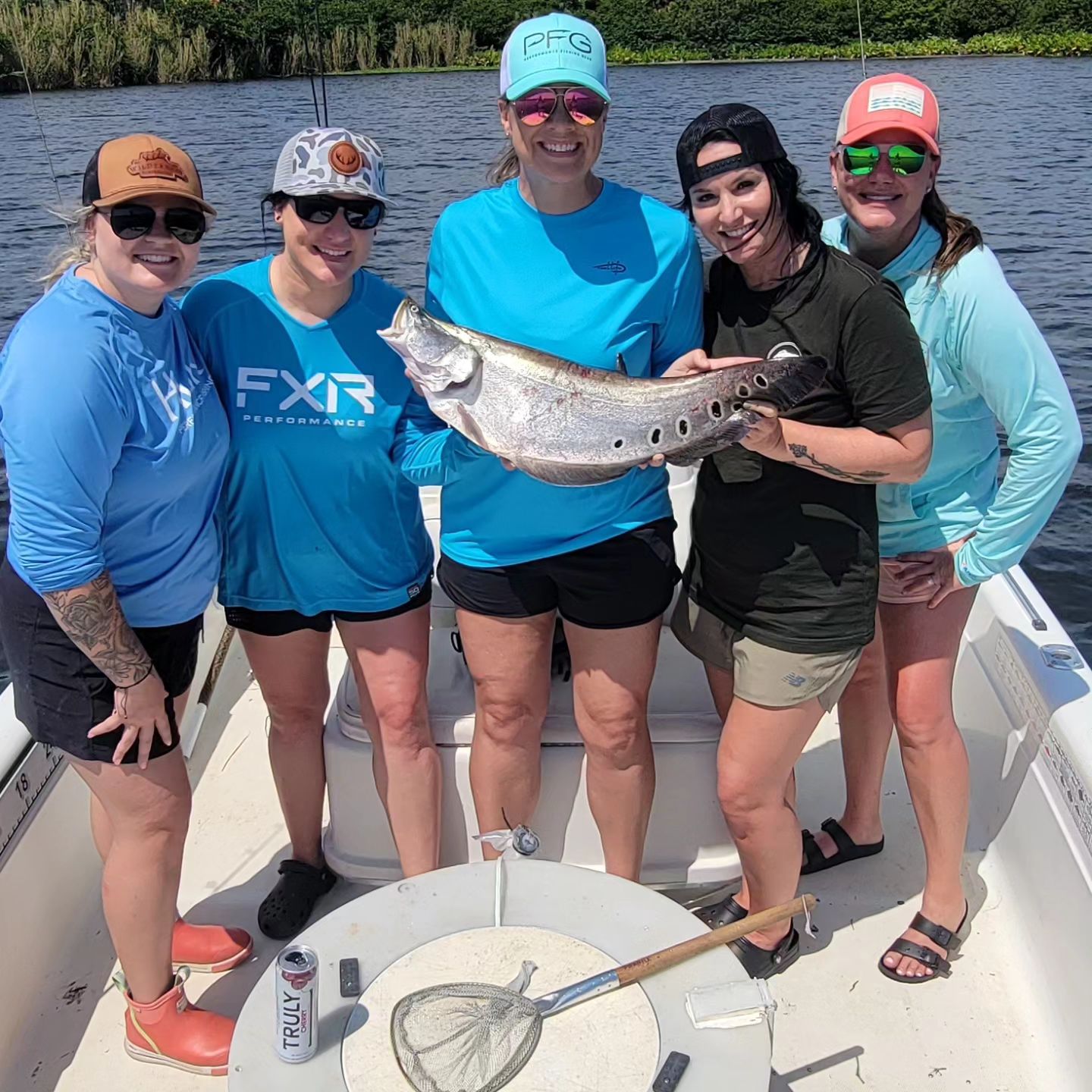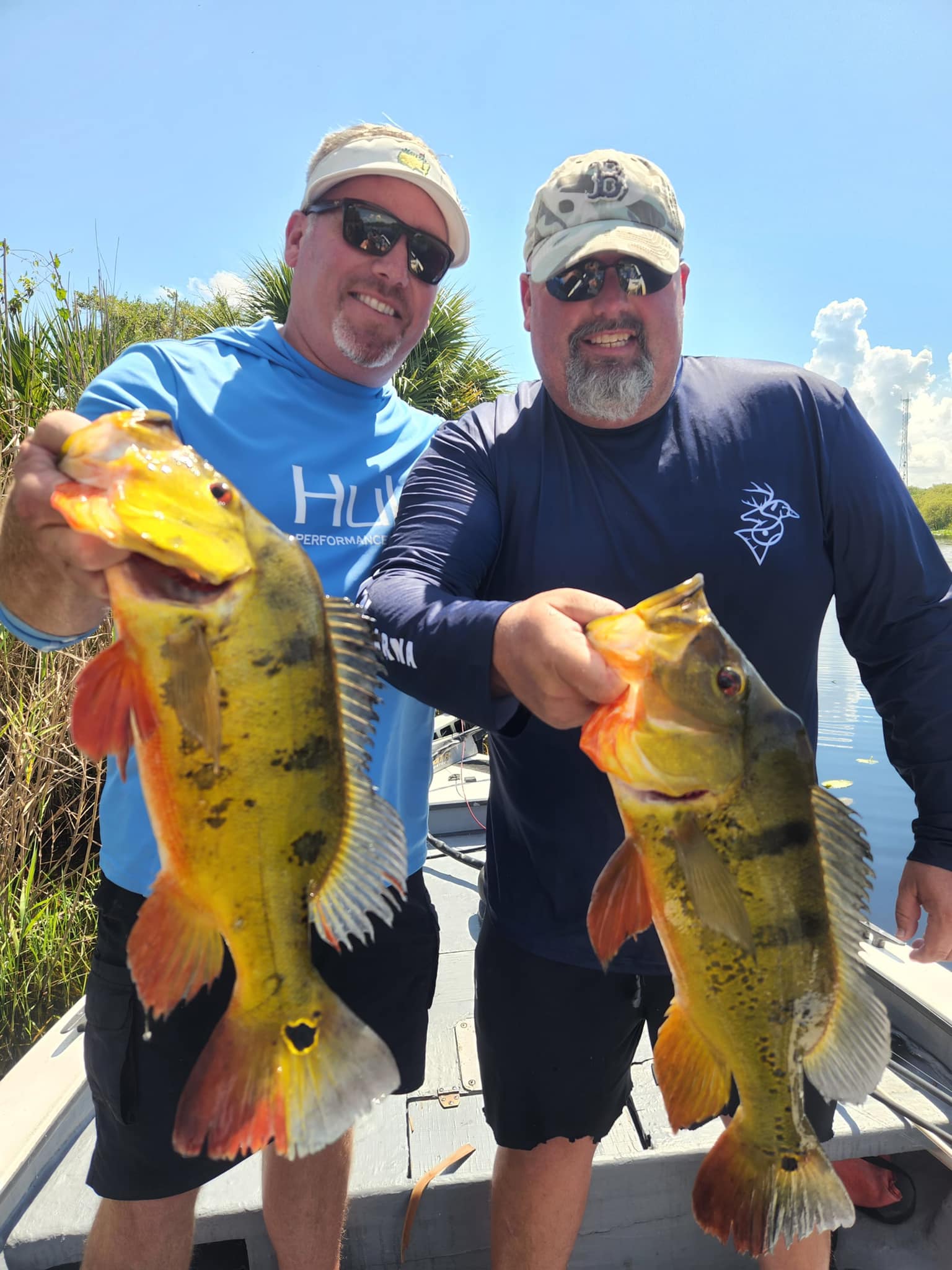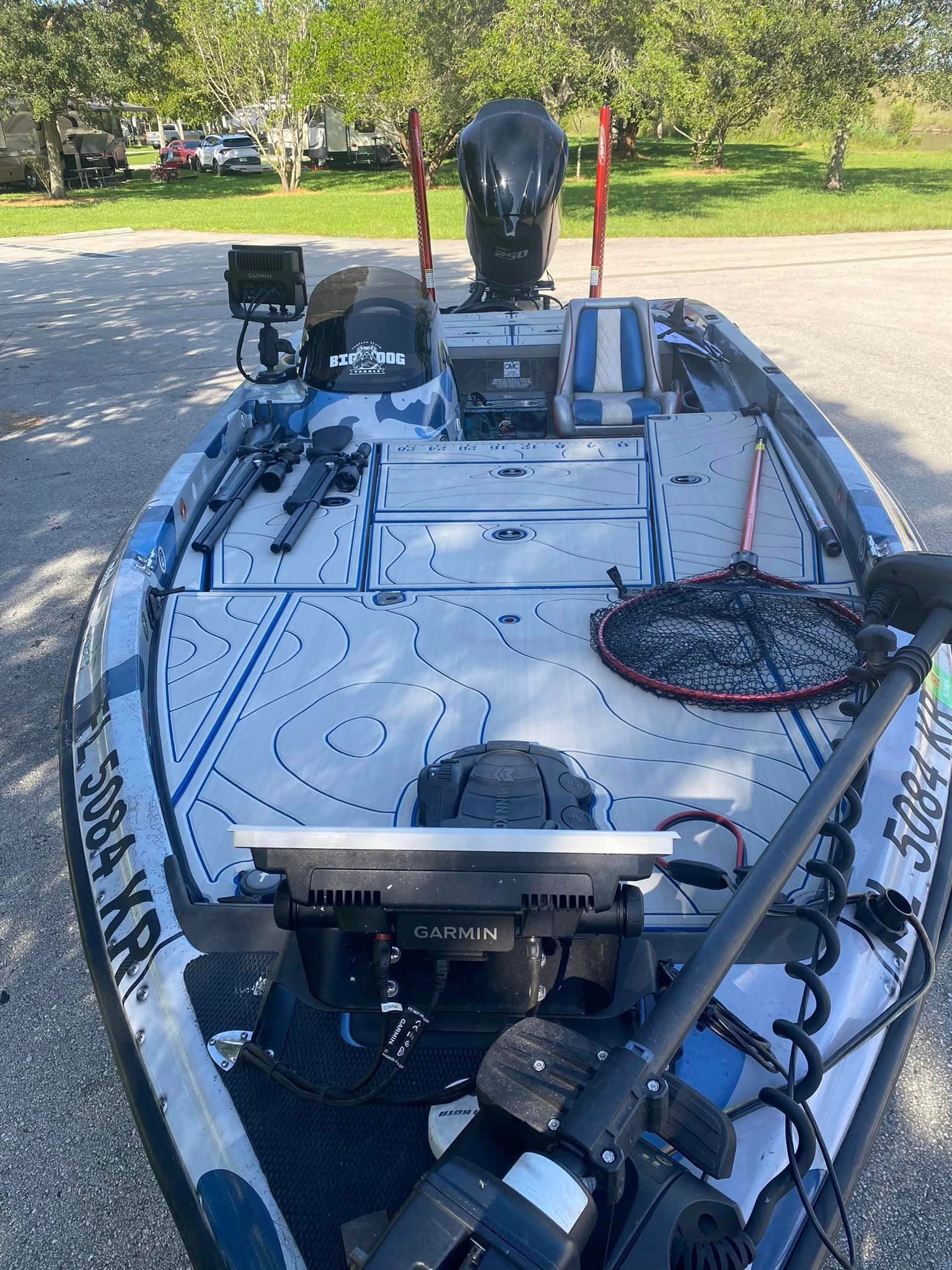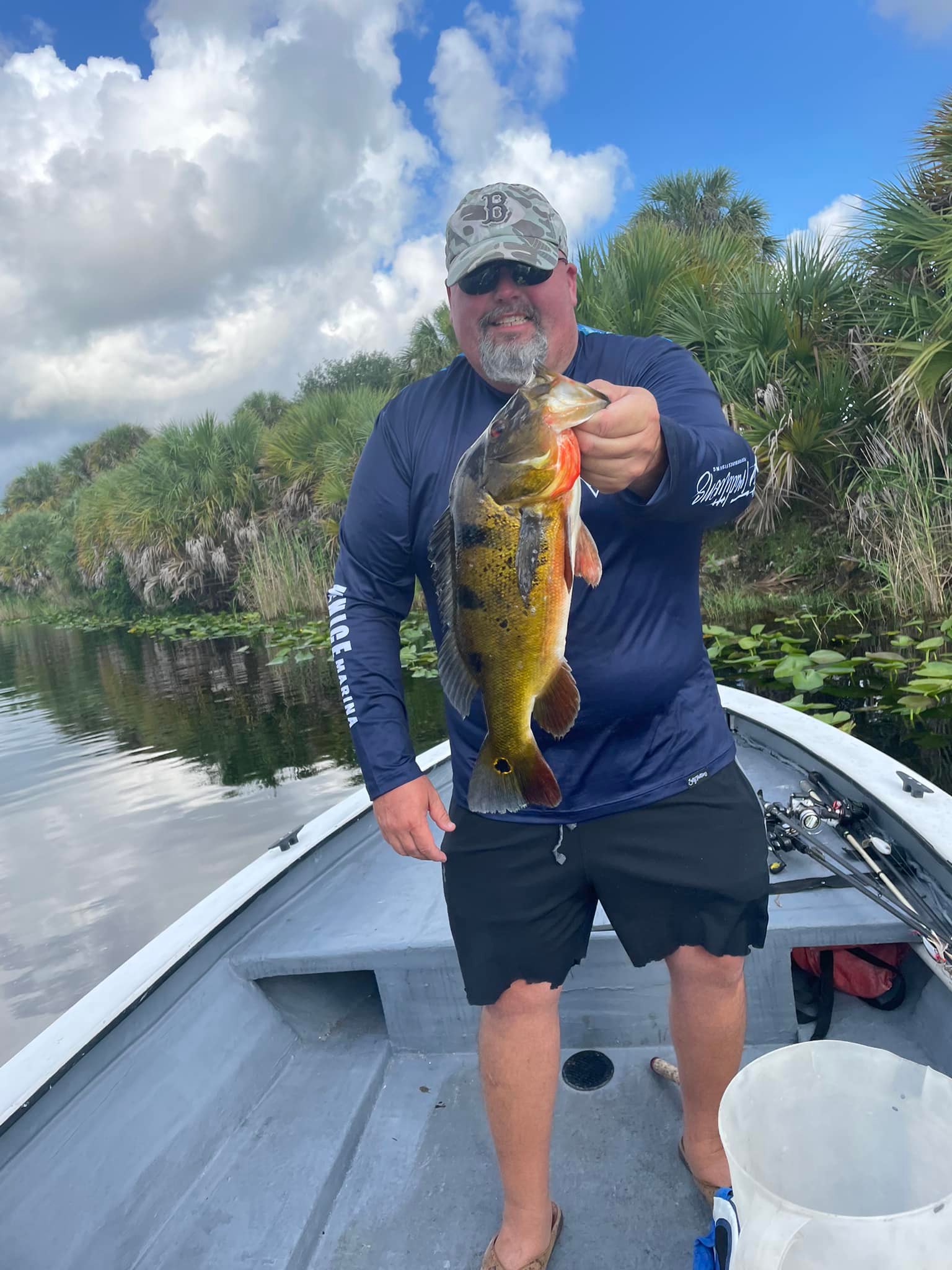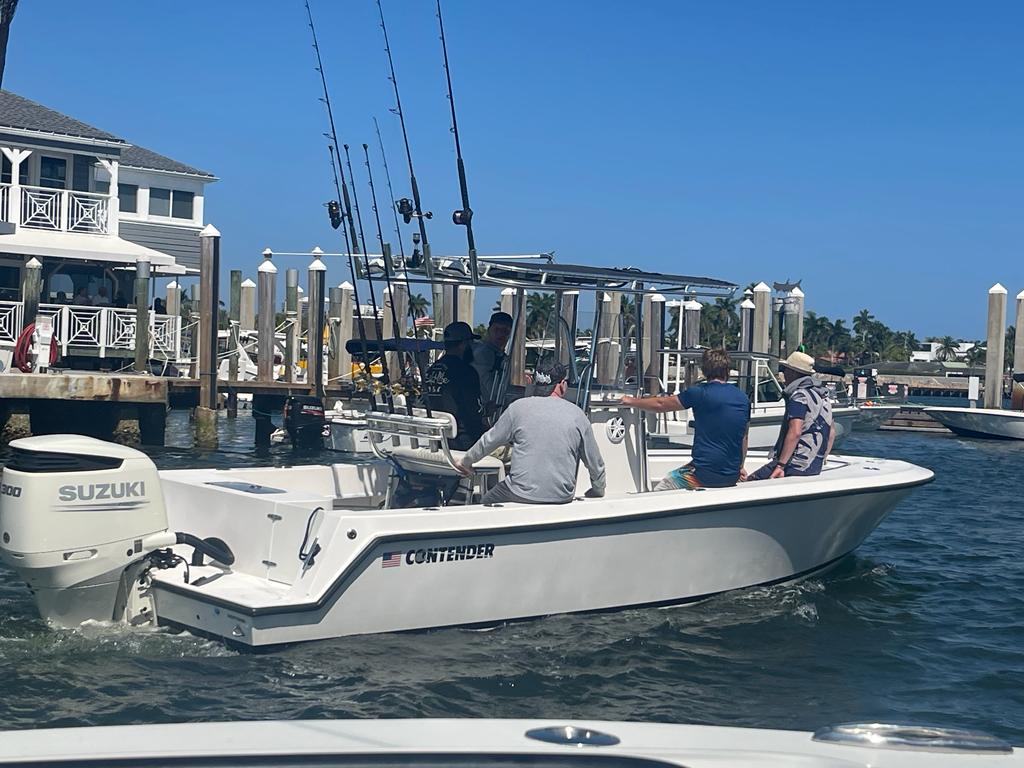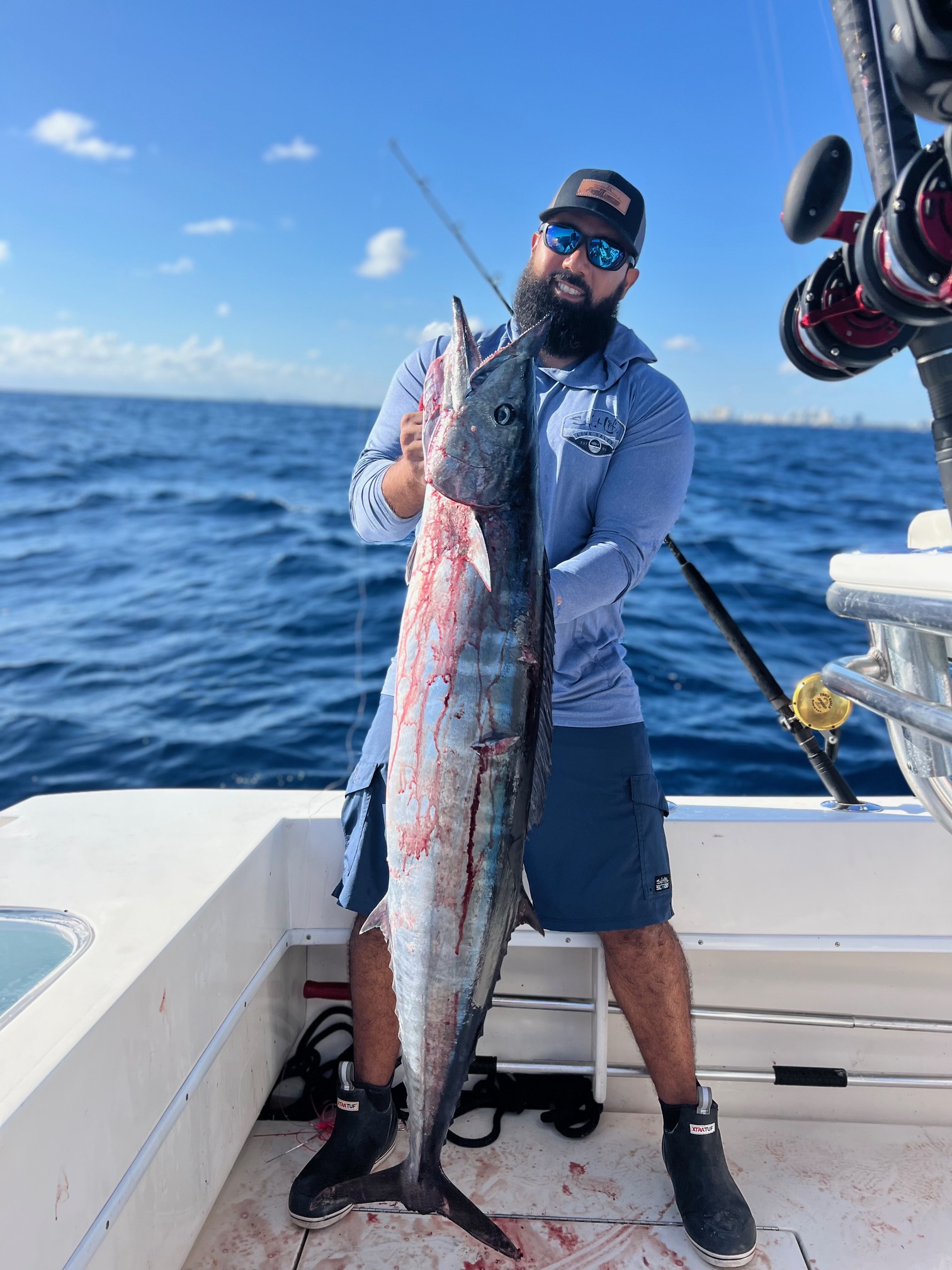Damn Good Guides
Experts Available 24/7
100% Weather Guarantee
Recently Booked Invasive Species Hunting Guides In Fort Lauderdale Beach
Invasive Species Hunting in Fort Lauderdale
Multi Boat Iguana Hunt
Invasive Species Hunting in Fort Lauderdale
Elite Guided Air Rifle Iguana Hunts
Invasive Species Hunting in Lantana
Iguana Hunting Insanity
“Our Damn Good Guides go above and beyond, and we’ve handpicked every single one. We’re passionate about the outdoors and look forward to getting you out on the trip of a lifetime, every time.”
Jonathan and Attison | Co-founders | Austin, Texas
Other Captain Experiences Trips in Fort Lauderdale Beach
Deep Sea, Nearshore Fishing in Pompano Beach
Sportfishing In Style
Deep Sea, Nearshore Fishing in Pompano Beach
Sunrise Saltwater Slam
Deep Sea, Nearshore Fishing in Hollywood
Famous Sportfishing - Large Groups
Deep Sea, Nearshore Fishing in Pompano Beach
Sportfishing Pompano Beach
Inshore, Deep Sea, Nearshore in Dania Beach
Bimini VIPs - 2 Days 61’ Viking
Inshore, Deep Sea, Nearshore in Dania Beach
Luxury Half Day - 61’ Viking
Deep Sea, Nearshore Fishing in Dania Beach
Luxury Full Day - 61' Viking
4 Hr Private Big Game Sportfishing
River Fishing in Fort Lauderdale
Peacock Bass: Fly Or Spin
Unreal Peacock & Clown Knife Action
River, Lake Fishing in Fort Lauderdale
"Exotic" Peacock Bass Slamfest
Deep Sea, Nearshore Fishing in Fort Lauderdale
4 Hour Fort Lauderdale Offshore
Need a Place to Stay?
Everything to Know About Booking a hunting trip in Fort Lauderdale Beach
What are the best invasive species hunting trips in Fort Lauderdale Beach?
The best invasive species hunting trips in Fort Lauderdale Beach are:
What is invasive species hunting in Fort Lauderdale Beach?
Invasive species hunting in Fort Lauderdale Beach offers an opportunity to address ecological challenges while enjoying the natural beauty of South Florida. Fort Lauderdale Beach, known for its pristine sandy shores and clear waters, is also affected by various invasive species that can disrupt local ecosystems. These invasive species, such as the lionfish and certain types of algae, pose significant threats to native marine life and habitats. Engaging in invasive species hunting helps manage these populations and protects the region's delicate ecological balance.
Lionfish, in particular, have become a notable concern in the waters around Fort Lauderdale Beach. These predatory fish are native to the Indo-Pacific but have established a growing population in the Atlantic. Their voracious appetite and rapid reproduction can outcompete native fish species and disrupt marine ecosystems. Hunters targeting lionfish use spears or specialized fishing gear to control their numbers and mitigate their impact on local reefs and marine life. This form of hunting not only aids in ecological management but also provides a unique and challenging experience for those involved.
Beyond the practical benefits, invasive species hunting in Fort Lauderdale Beach allows participants to enjoy the region's scenic coastal environment. The clear waters and vibrant marine life offer a rewarding backdrop for this important conservation effort. Whether you're a local resident or a visitor, participating in invasive species hunting helps support the health of marine ecosystems and contributes to the preservation of the area's natural beauty.
What are the most popular months to go invasive specieshunting in Fort Lauderdale Beach?
Hunting invasive species around Fort Lauderdale Beach is an important activity aimed at managing and controlling non-native populations that threaten local ecosystems. The best time for this type of hunting often aligns with the warmer months, typically from late spring through early fall. During this period, invasive species such as lionfish in the ocean and certain non-native birds on land are more active and easier to locate. The warm weather and clear waters make it ideal for underwater hunting and removing these harmful species.
Lionfish, a prominent invasive species in the waters around Fort Lauderdale Beach, can be targeted throughout the year, but the summer months offer more opportunities due to better diving conditions and increased lionfish activity. These predatory fish are a significant threat to local marine life, and divers use specialized equipment to capture and remove them. Early mornings and late afternoons are often the best times for diving, as visibility is typically better and lionfish are more active during these hours.
On land, managing invasive bird species can also be crucial for protecting native wildlife and habitats. While specific seasons may vary depending on the species and local regulations, the summer and fall months are often preferred for hunting and removal efforts. During these times, invasive birds are more visible and can be effectively managed to reduce their impact on native bird populations and the environment. Overall, invasive species hunting in Fort Lauderdale Beach is a year-round effort that peaks during favorable conditions to help maintain the balance of local ecosystems.
What techniques are popular for invasive species hunting in Fort Lauderdale Beach?
Invasive species hunting in Fort Lauderdale Beach focuses on managing non-native plants and animals that threaten local ecosystems. The region’s coastal environment, characterized by sandy shores, mangroves, and coral reefs, is particularly susceptible to the impacts of invasive species. These invaders can disrupt native habitats, outcompete local flora and fauna, and cause ecological imbalances, making effective management crucial for preserving the area’s natural beauty and biodiversity.
One common technique for dealing with invasive species in Fort Lauderdale Beach is targeted removal. This approach involves physically removing invasive plants and animals from their habitats. For example, volunteers and professionals may engage in beach cleanups to collect and remove invasive plant species such as Brazilian pepper or Australian pine. Similarly, underwater teams may target invasive fish species, like lionfish, which pose a threat to coral reef ecosystems. Targeted removal helps to reduce the population of these invaders and mitigate their impact on local wildlife.
Another effective technique is the use of traps and barriers. Traps can be employed to capture invasive species that are difficult to remove manually. For instance, traps can help control the population of invasive crustaceans or fish species. Barriers, such as physical barriers or chemical treatments, can be used to prevent the spread of invasive species into new areas. In the case of aquatic invasions, barriers might be placed in waterways to restrict the movement of invasive species. Combining these techniques with ongoing monitoring and public education efforts can enhance the effectiveness of invasive species management in Fort Lauderdale Beach, ensuring the preservation of its unique coastal ecosystems.
What species are popular for invasive specieshunting in Fort Lauderdale Beach?
Invasive species hunting in Fort Lauderdale Beach offers a unique opportunity to target a variety of non-native species that have established themselves in the region's coastal ecosystems. One of the primary targets in this area is the Lionfish. This strikingly colorful fish, with its long, venomous spines, has become a significant problem in Florida's waters due to its rapid reproduction and predation on native species. Lionfish are often found in coral reefs and rocky outcroppings around Fort Lauderdale Beach, and their removal is crucial for maintaining the health of the local marine ecosystem.
Another invasive species of concern is the Green Iguana. Originally from Central and South America, Green Iguanas have become established in Florida, including the Fort Lauderdale area. They are often found in urban and suburban environments, including along the beach and in nearby parks. These large lizards can cause damage to vegetation and infrastructure, making them a target for removal efforts. Their removal helps mitigate their impact on the local environment and reduces the potential for further spread.
Additionally, hunters might encounter the Burmese Python in the broader Florida area, including regions near Fort Lauderdale Beach. Although not as common in coastal areas, these large constrictor snakes have become an invasive species in Florida’s Everglades and surrounding regions. They pose a threat to native wildlife and can impact the balance of local ecosystems. While not directly found on the beach, efforts to control their population in nearby areas can contribute to overall ecological health. Invasive species hunting in Fort Lauderdale Beach, therefore, plays a crucial role in preserving the local environment and biodiversity.
Recent Reviews
Featured Cities
- Fishing Charters Near Me
- Austin Fishing Guides
- Biloxi Fishing Charters
- Bradenton Fishing Charters
- Cabo San Lucas Fishing Charters
- Cancun Fishing Charters
- Cape Coral Fishing Charters
- Charleston Fishing Charters
- Clearwater Fishing Charters
- Corpus Christi Fishing Charters
- Crystal River Fishing Charters
- Dauphin Island Fishing Charters
- Daytona Beach Fishing Charters
- Destin Fishing Charters
- Fort Lauderdale Fishing Charters
- Fort Myers Fishing Charters
- Fort Walton Beach Fishing Charters
- Galveston Fishing Charters
- Gulf Shores Fishing Charters
- Hatteras Fishing Charters
- Hilton Head Fishing Charters
- Islamorada Fishing Charters
- Jacksonville Fishing Charters
- Jupiter Fishing Charters
- Key Largo Fishing Charters
- Key West Fishing Charters
- Kona Fishing Charters
- Lakeside Marblehead Fishing Charters
- Marathon Fishing Charters
- Marco Island Fishing Charters
- Miami Fishing Charters
- Montauk Fishing Charters
- Morehead City Fishing Charters
- Naples Fishing Charters
- New Orleans Fishing Charters
- New Smyrna Beach Fishing Charters
- Ocean City Fishing Charters
- Orange Beach Fishing Charters
- Panama City Beach Fishing Charters
- Pensacola Fishing Charters
- Pompano Beach Fishing Charters
- Port Aransas Fishing Charters
- Port Orange Fishing Charters
- Rockport Fishing Charters
- San Diego Fishing Charters
- San Juan Fishing Charters
- Sarasota Fishing Charters
- South Padre Island Fishing Charters
- St. Augustine Fishing Charters
- St. Petersburg Fishing Charters
- Tampa Fishing Charters
- Tarpon Springs Fishing Charters
- Venice Fishing Charters
- Virginia Beach Fishing Charters
- West Palm Beach Fishing Charters
- Wilmington Fishing Charters
- Wrightsville Beach Fishing Charters
Didn't Find What You Were Looking For?
Our guides are Damn Good Guides, which means they’re vetted by our team of outdoor experts who know them on a first-name basis. We hand pick each and every one of them, and our network spans all across the US and beyond.
The proof is in the pudding, and we’re incredibly proud of our 4.9 / 5 average review score. Hit the button below to see more trip options:
